On Friday June 13th student reports will go out.
If you would like to schedule an appointment to discuss the end of the term, please use the following link: https://calendar.app.google/kUaPtdK7BS9ZeK7S9
Thank you!
Mrs. Leah
On Friday June 13th student reports will go out.
If you would like to schedule an appointment to discuss the end of the term, please use the following link: https://calendar.app.google/kUaPtdK7BS9ZeK7S9
Thank you!
Mrs. Leah
It’s a short two-day week, but students have been productive and wrapped up both their science and history lessons. Next week, we’ll begin our final projects to showcase what they’ve learned.
In History, students will write a report on a World War II topic of their choice. In Science, they will create a poster about an inherited trait in an animal.
We’re also continuing our class novel Stargirl, which has been a hit with the students! Over the long weekend, they should read Chapters 13–16 to stay on track.
We had an amazing Sports Day this day, special thanks to Mr. Dunn for leading the events, all the teacher and parent helpers, and the excellent cheering and teamwork shown by students!
Upcoming Events:
Art Exhibition – Friday, June 13th
Ms. Yuli has worked incredibly hard to create a gallery-style exhibition of student work. The event will be held in the Hall, and our Year 7/8/9 students will visit from 3:00–3:30 PM. Parents are warmly invited to attend and celebrate the students’ creativity!
End-of-Year Trip to Gyeongju World – Tuesday June 24th
Please look out for the sign-up form in this week’s school-wide Friday update. Students will enjoy the theme park in small groups with regular teacher check-ins.
They will need:
Student Reports & Parent Meetings
Student reports will be sent home on Friday, June 13th. During Weeks 11 and 12, parents may schedule an appointment if they wish to discuss their child’s performance in more detail. I will share the booking link later this week.
Wishing everyone a reflective Memorial day and restful weekend,
Mrs. Leah
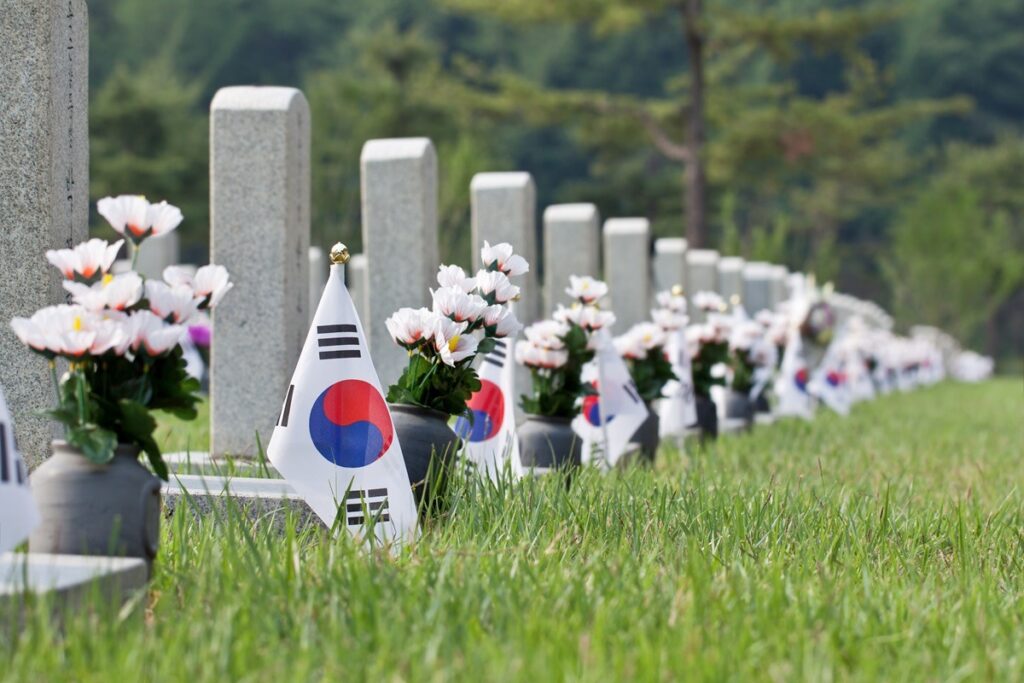
Freedom is not free. We remember and honor the sacrifices made in the Korean War.
May is already over!?
As we approach the end of the school year, it’s especially important for students to maintain positive behavior and respectful attitudes. Lately, there has been a noticeable increase in frustration with one another, which is coming out through inappropriate language, unkind comments, and negative interactions during PE and break times. This was also shown on Egg Day, when several students loudly complained about a lighthearted prize being “just a box of Band-Aids.” If students are unable to enjoy simple, silly fun in the spirit it’s intended, then we may need to reconsider participating in such events.
I’ve also heard some grumbling about Sports Day next Thursday. We’ve talked as a class about the importance of approaching it with full enthusiasm, encouraging our teammates, and setting a positive example. As the oldest students in the school, younger children look up to them. This is a chance to lead with joy and good sportsmanship. It’s not a serious competition, your team is a mix of all year groups so you can support the youngest students, and the games are silly to be fun!
Why not just have fun and finish the year on a high note?
About this week:
English:
We have begun reading Stargirl by Jerry Spinelli. Students are assigned two chapters to read each night and are maintaining a vocabulary log where they note unfamiliar or significant words along with their meanings for each chapter. In class, we are diving into discussions about the story, focusing particularly on character development. Students are learning to identify character traits and are practicing using textual evidence to support their interpretations.
History:
This week, we examined the pivotal years of 1941–1942 during World War II, focusing on how this period marked a turning point in the conflict. Students learned about Operation Barbarossa, the failed German invasion of the Soviet Union, and how harsh winter conditions, logistical missteps, and strong Soviet resistance turned the tide against the Axis powers. We also explored the events leading up to the United States’ entry into the war, specifically the bombing of Pearl Harbor on December 7, 1941. Students analyzed why the U.S. had previously maintained a policy of isolationism and the political, economic, and strategic factors that led to the eventual decision to intervene in the global conflict.
Science:
In science, we continued our unit on heredity and natural selection. Students investigated how traits are inherited from parents to offspring through genes and how variations in these traits can impact survival. We explored the principles of natural selection by examining examples in nature where advantageous traits become more common over generations. Students also focused on the peppered moth to better understand how human activity affects the environment and can influence a species.
Design, Technology & Innovation (DTI):
This week in DTI, students explored technological innovations in agriculture and how these advances have transformed food production. We discussed the development and use of machinery like automated harvesters, irrigation systems, and drones for crop monitoring. The class also looked at how artificial selection is used to breed livestock and cultivate crops with desirable traits, such as disease resistance, higher yield, or specific physical characteristics.
Have an nice weekend and see you Monday,
Mrs. Leah
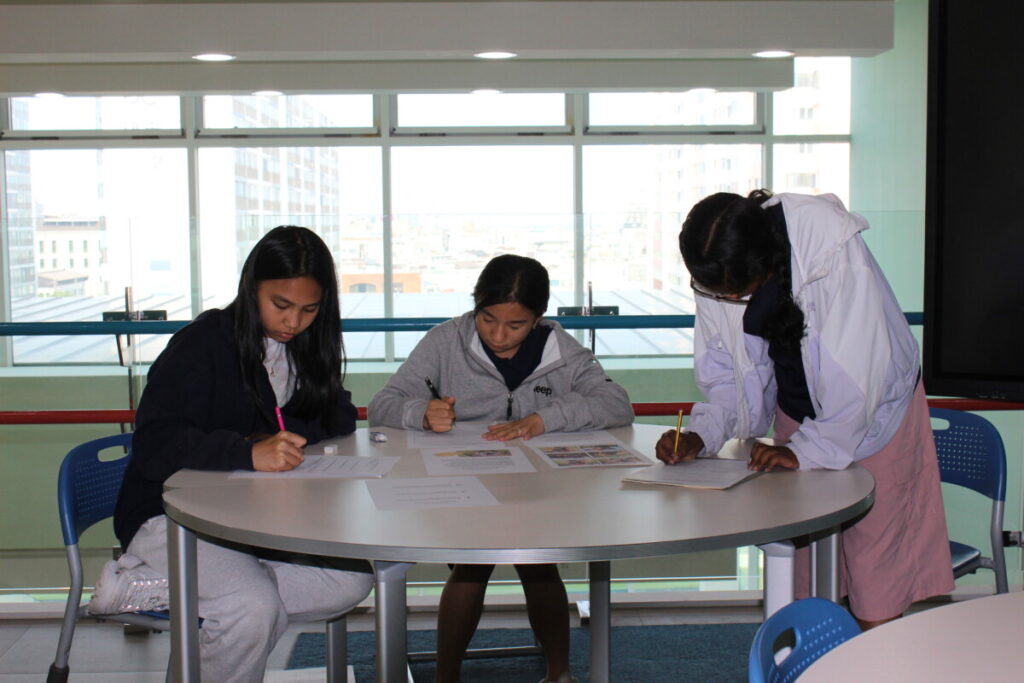
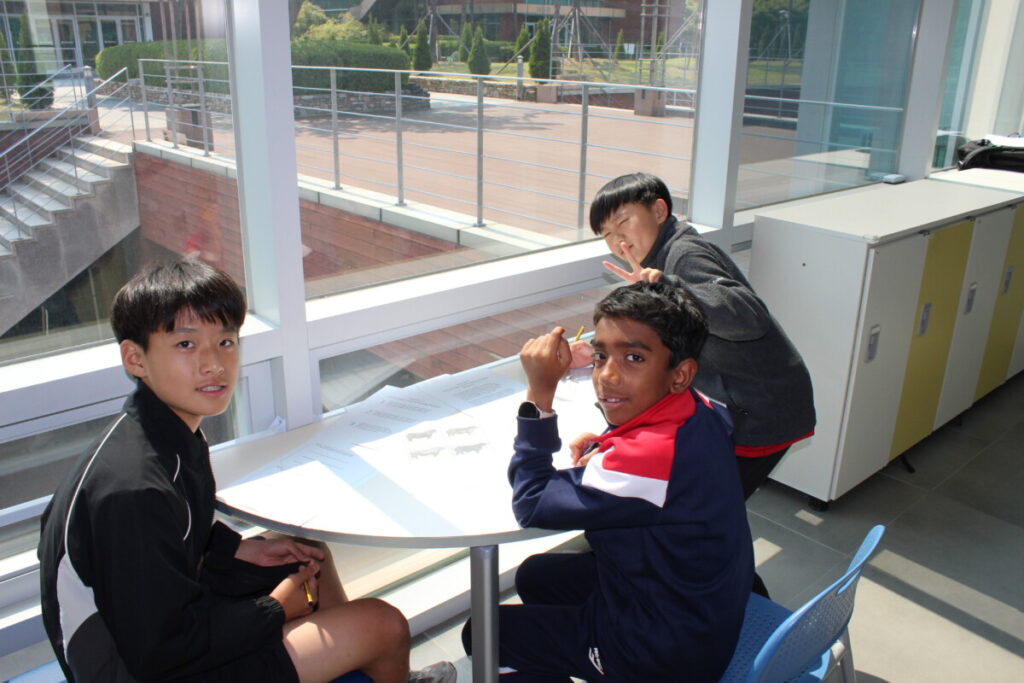
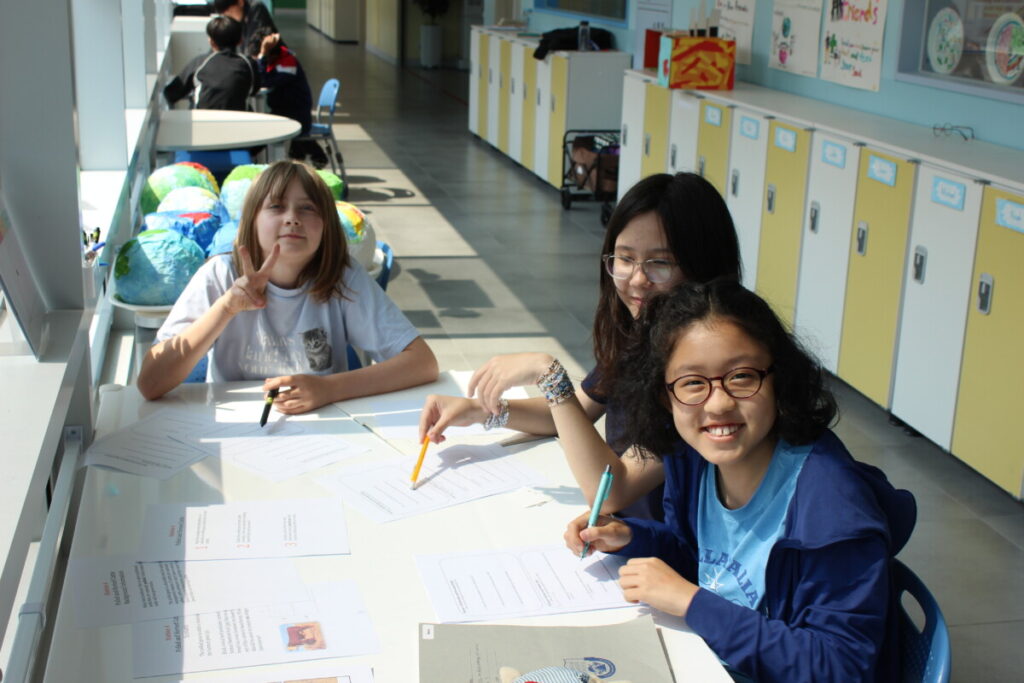
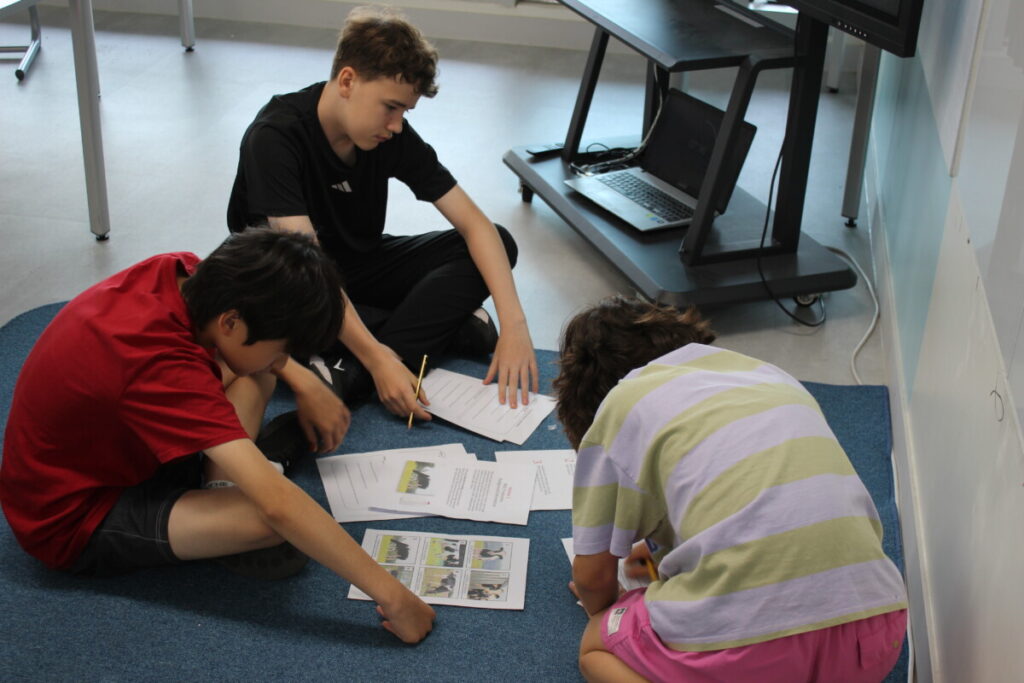
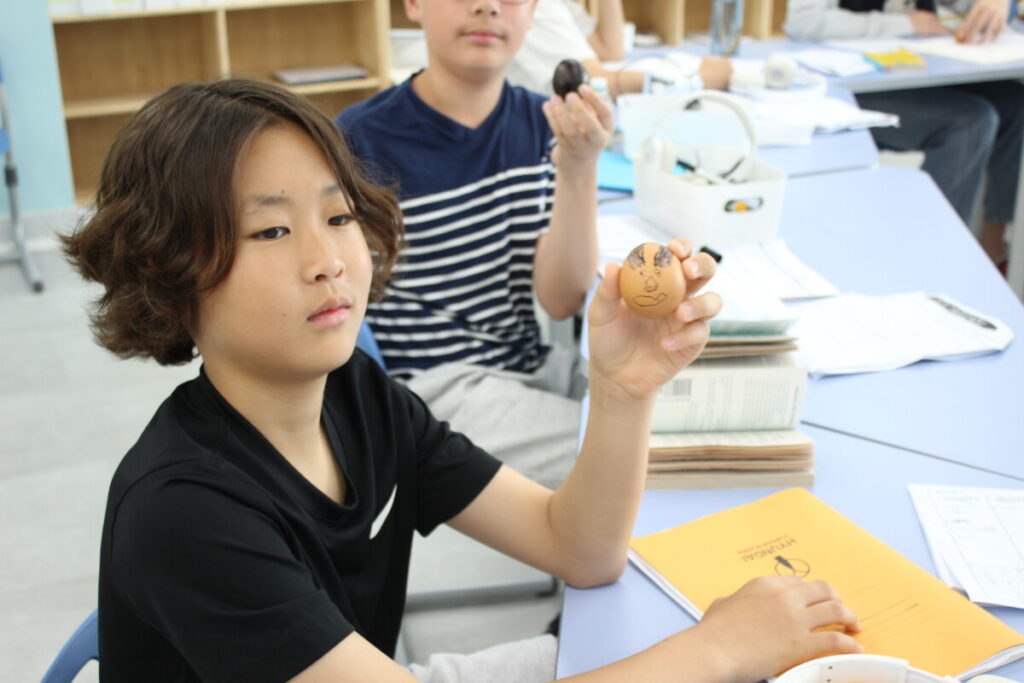
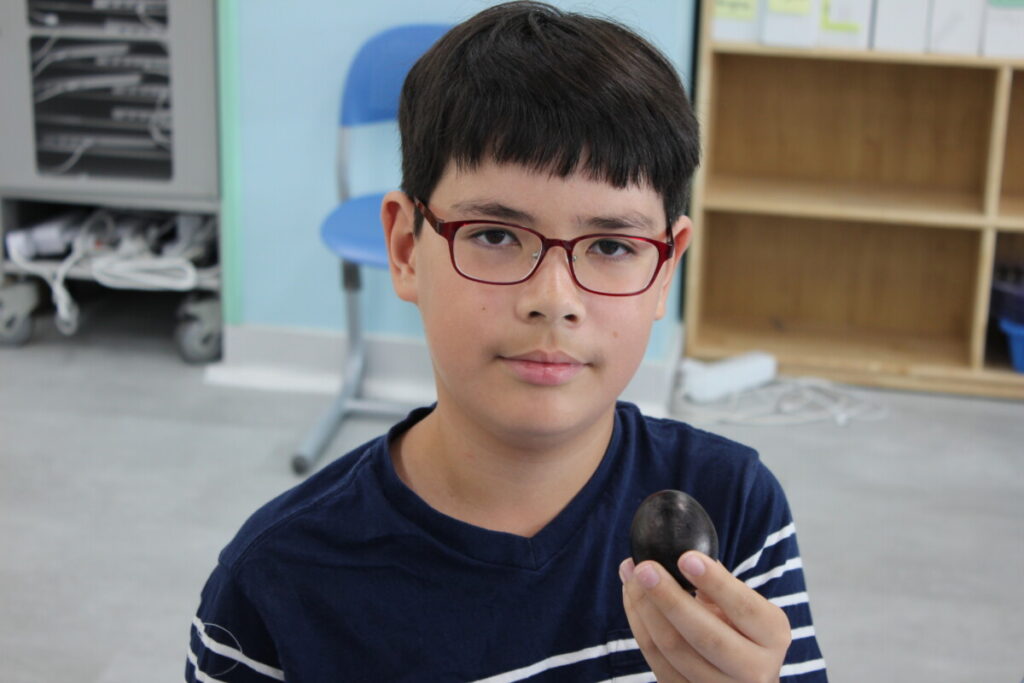
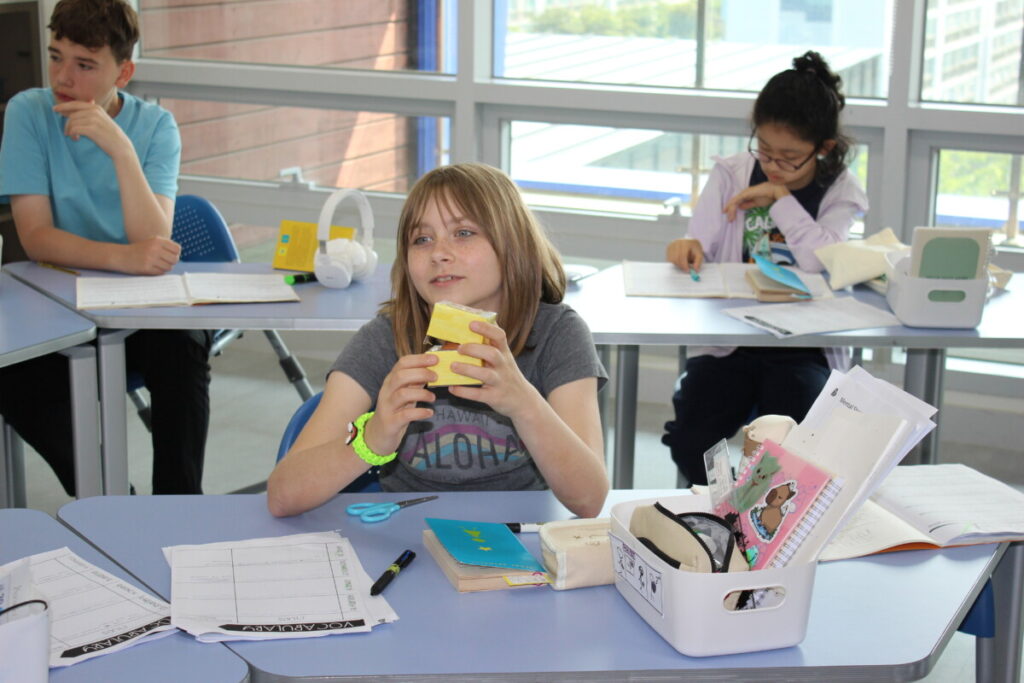
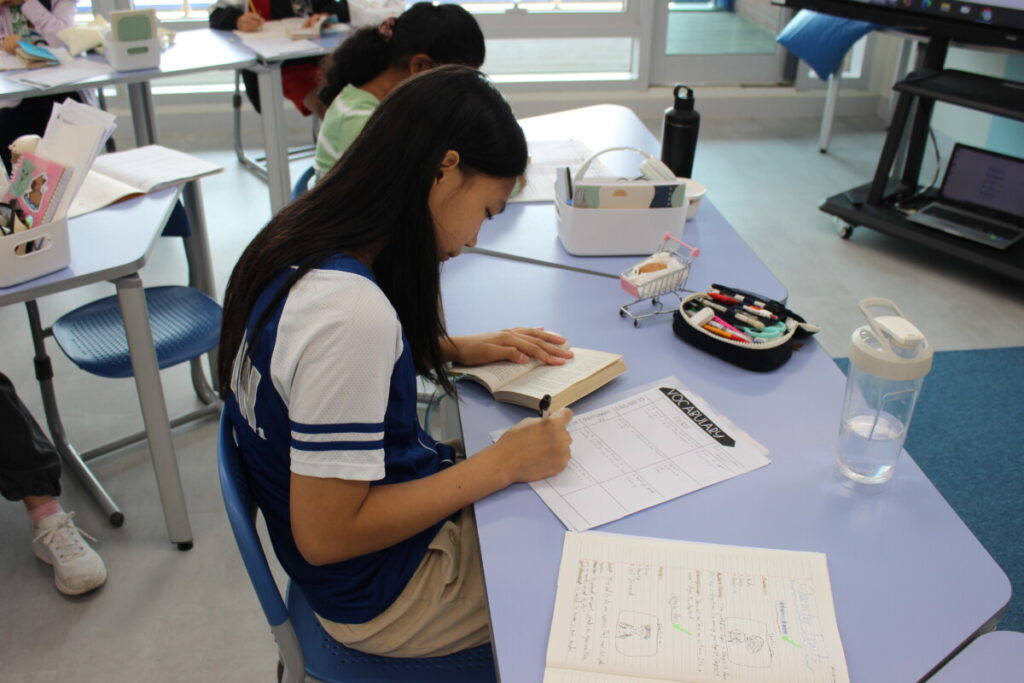
Weekly Class Update
This week, students demonstrated creativity, curiosity, and collaboration across all subjects. Here’s a look at what we’ve been exploring in class:
English
Students stepped into the role of interstellar marketers, crafting and delivering engaging pitch presentations for a fictional mission to Mars. Using real Martian facts—like the planet’s gravity, temperature, and terrain—they imagined bold futures that included scientific exploration, colony-building, luxury resorts, space sports, and even alien-bug battles! Each student worked to persuade their audience with clear structure, vivid language, and confident delivery. After presenting, they fielded questions, practicing quick thinking and persuasive communication.
History
In our study of World War II, students examined the concept of Blitzkrieg and how this rapid military tactic changed the nature of warfare. We then explored the Battle of Britain, focusing on the resilience of the British people during sustained air raids, known as The Blitz. Students analyzed primary sources, discussed the role of radar technology, and considered the psychological impact of war on civilians.
Science
We explored how plant and animal adaptations enable organisms to survive and thrive in extreme or unique environments—from the desert cactus to the snowshoe hare. Students investigated structural and behavioral adaptations, linking this learning to our study of fossils. They discovered how adaptations leave clues in the fossil record, helping scientists reconstruct ancient ecosystems and climates.
Design, Technology & Innovation (DTI)
Students collaborated in teams to research and present a modern agricultural innovation. From drone farming and vertical gardens to soil sensors and AI irrigation systems, they examined how technology is transforming the way we grow food. Each group focused on how their innovation contributes to sustainable food production and global food security. Presentations emphasized teamwork, clear visuals, and real-world impact.
ABC Countdown Begins!
We kicked off our ABC Countdown to the end of the school year with A for Art Day this Friday! Students across the school teamed up to design and decorate their team shirts with creativity and flair. A big thank you to the PTA moms who came to lend a hand.
Next Monday is B for Book Day, and we’ll be launching our class novel study to get everyone excited about reading. Looking ahead, some fun days coming up include Cuddly Toy Day, Dress-Up Day, Egg Day, and Funny Hat/Hair Day. Participation is totally optional—just for fun! Start planning now if you would like to join in the spirit!
Have a great weekend and see you Monday,
Mrs. Leah
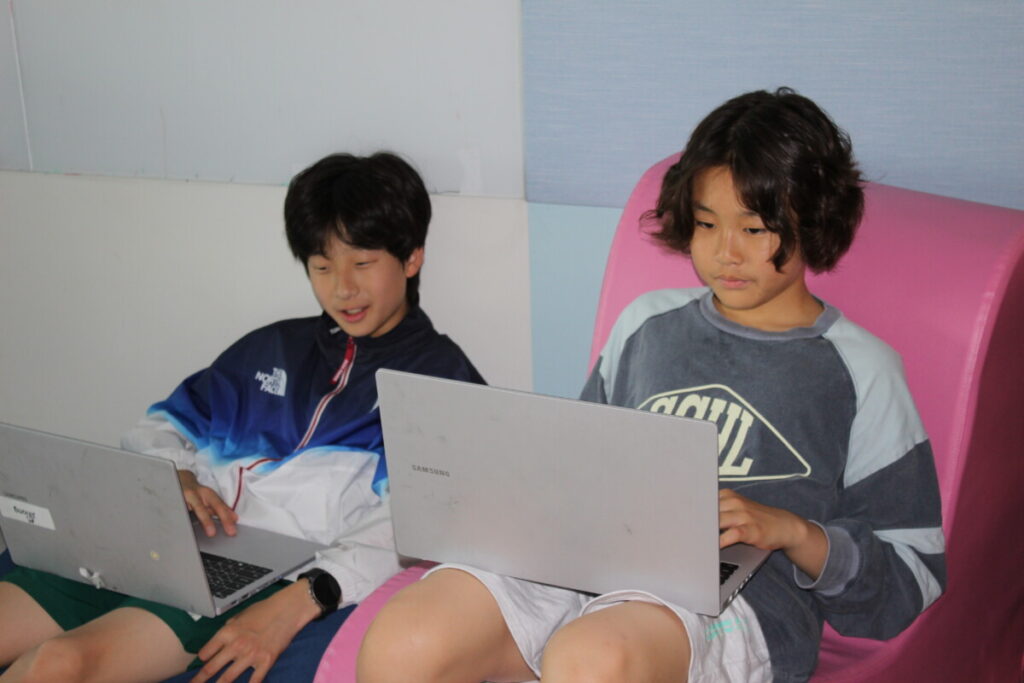
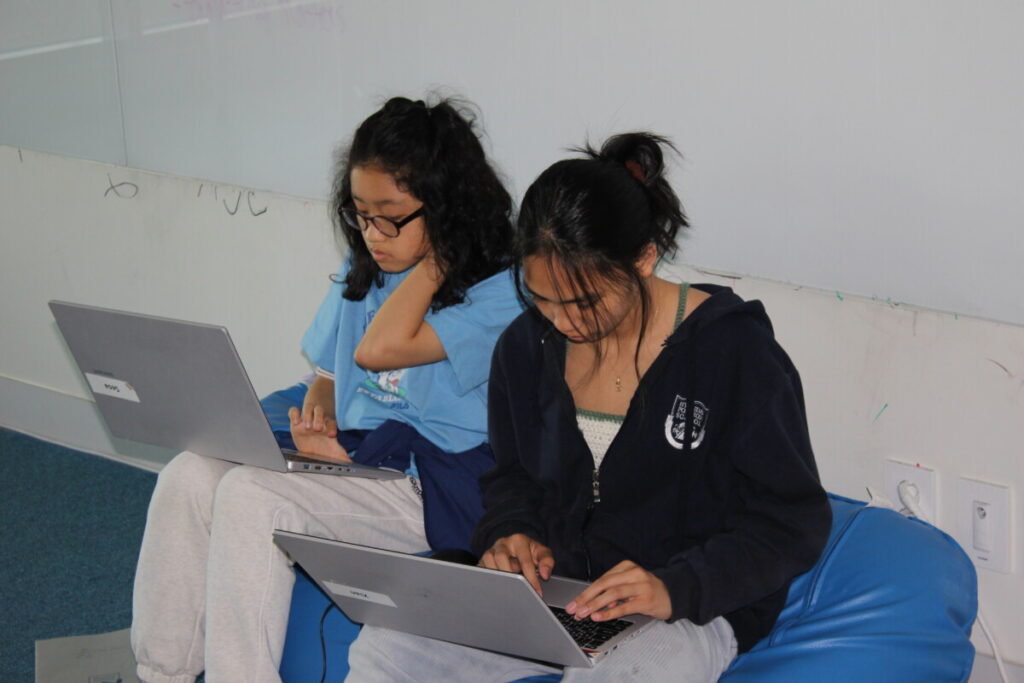
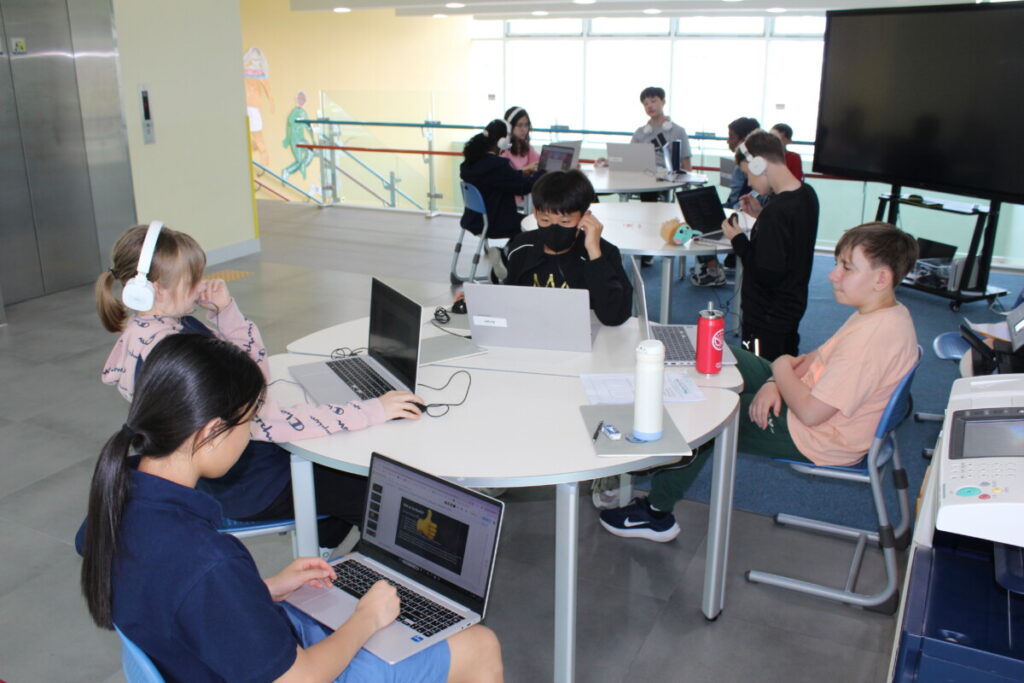
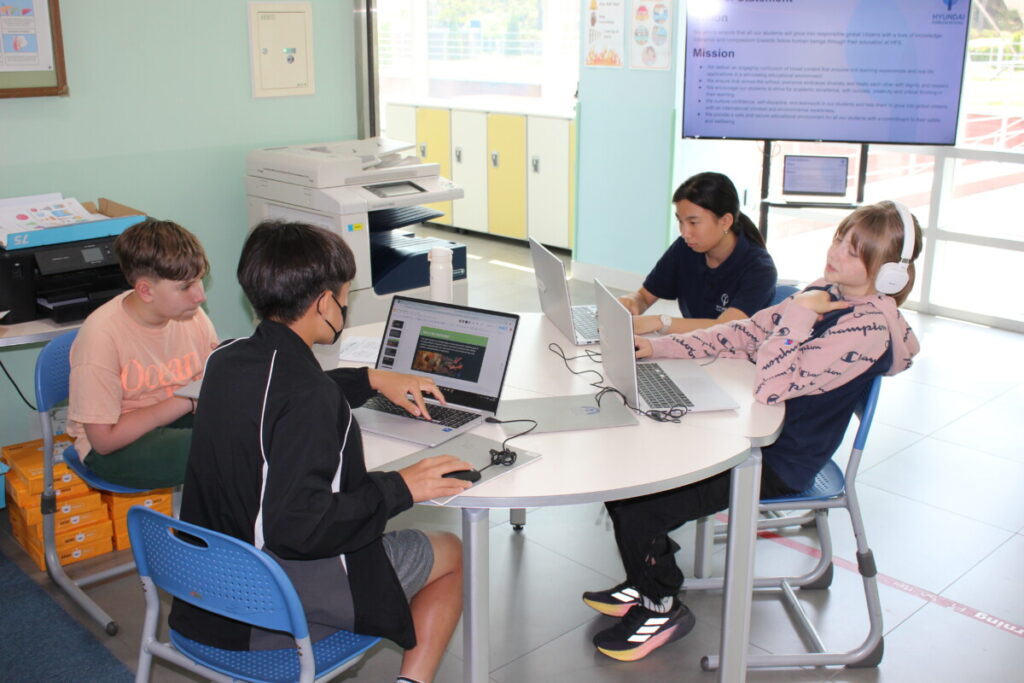
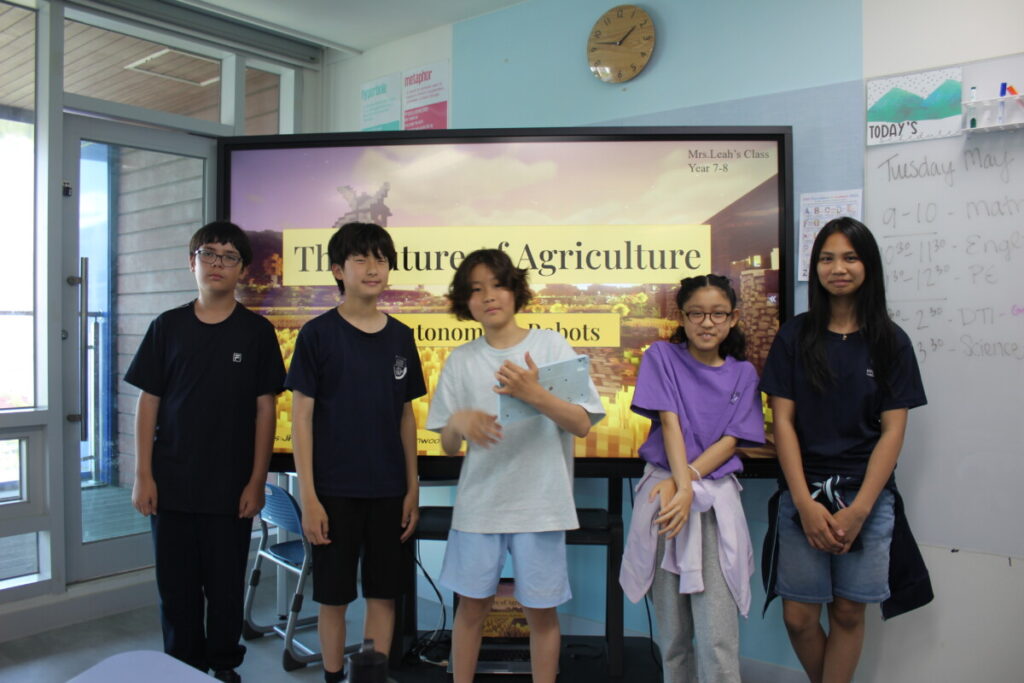
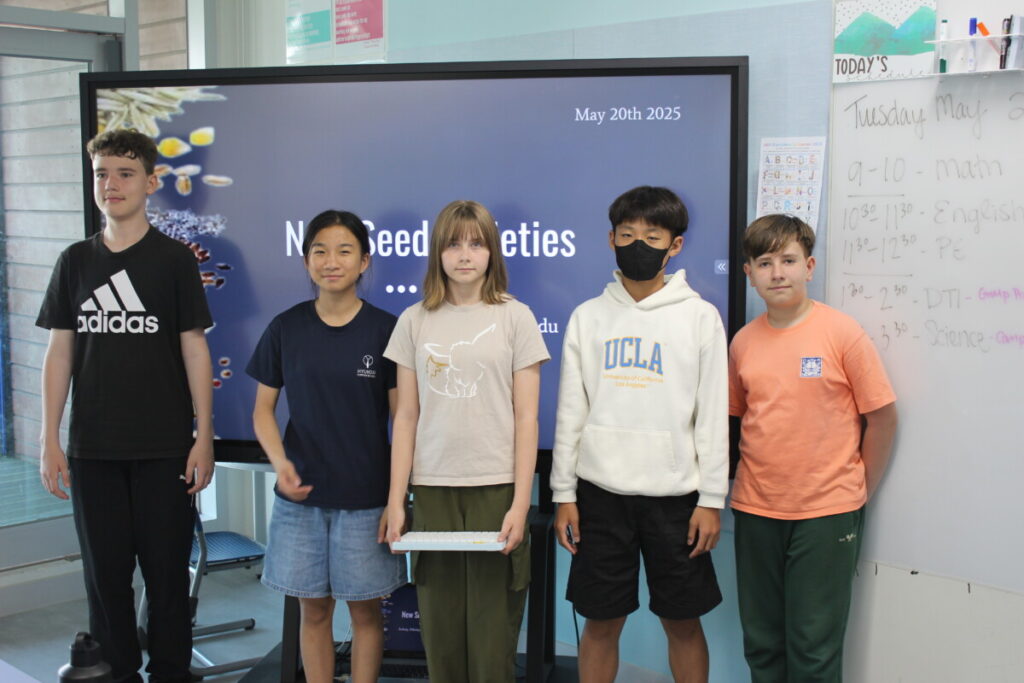
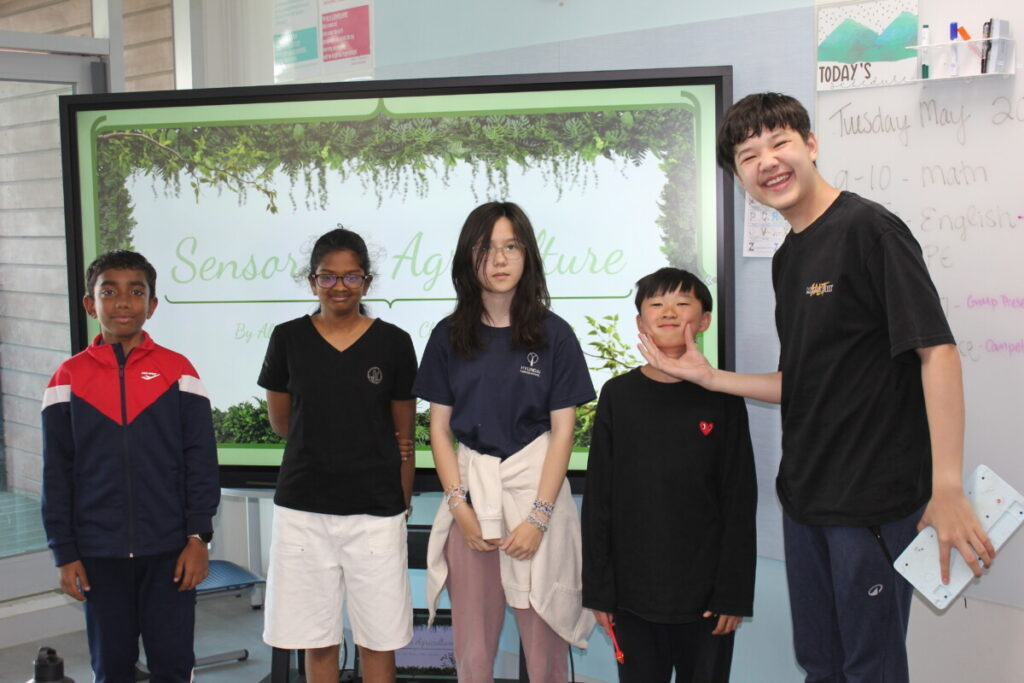
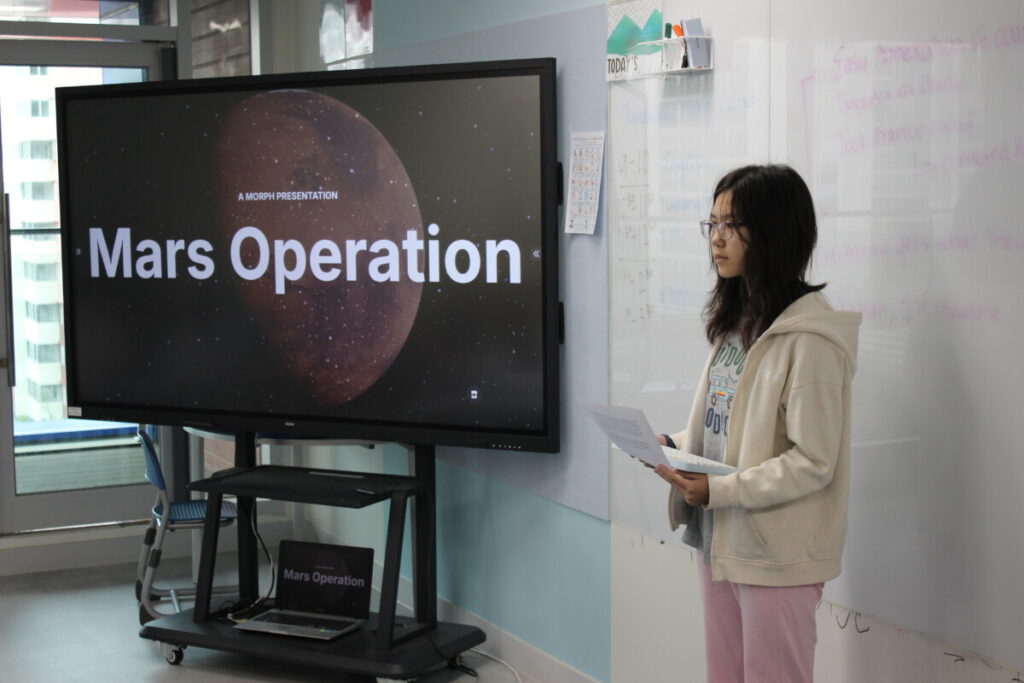
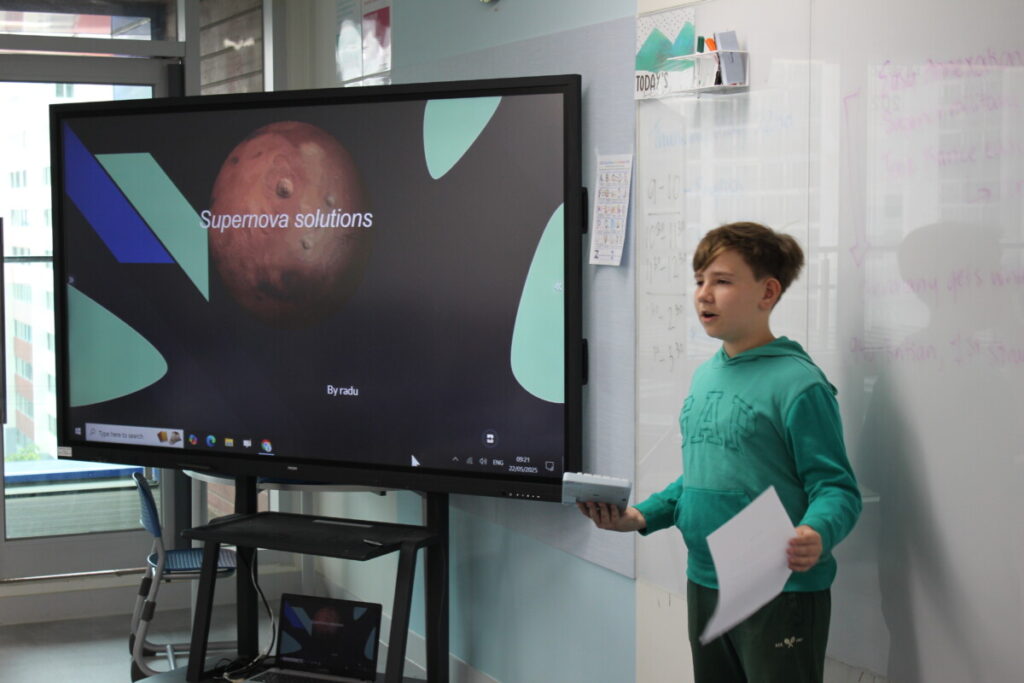
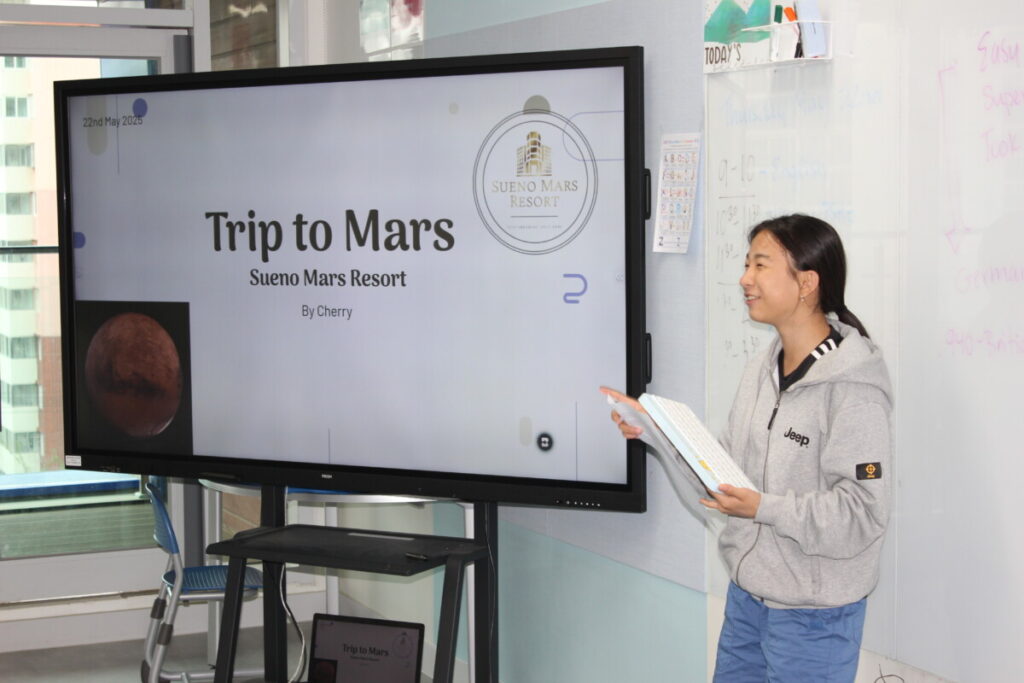
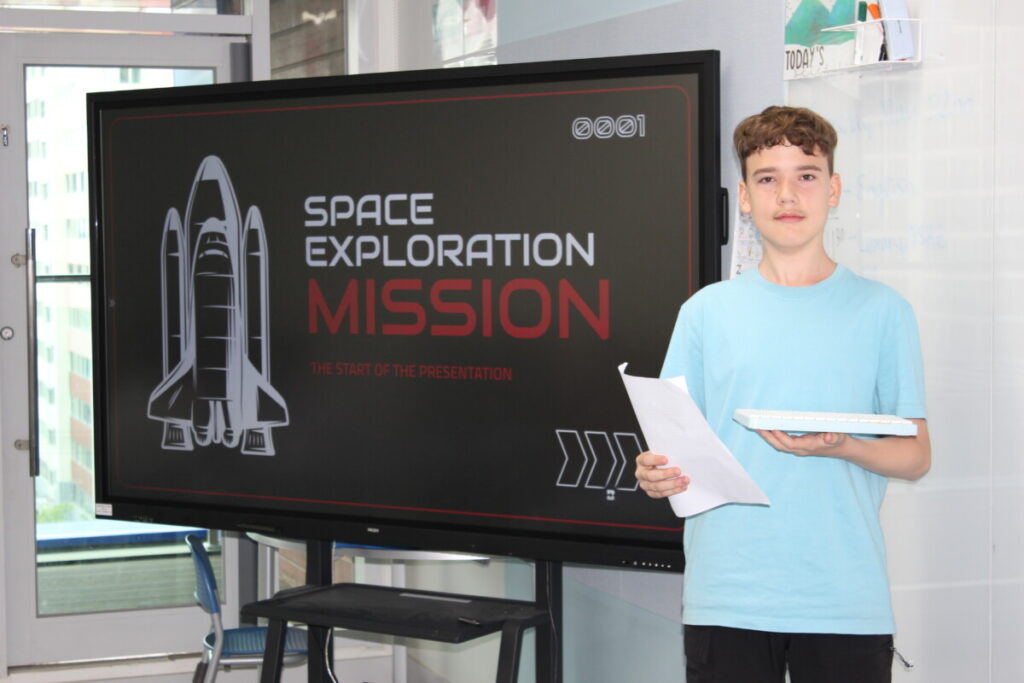
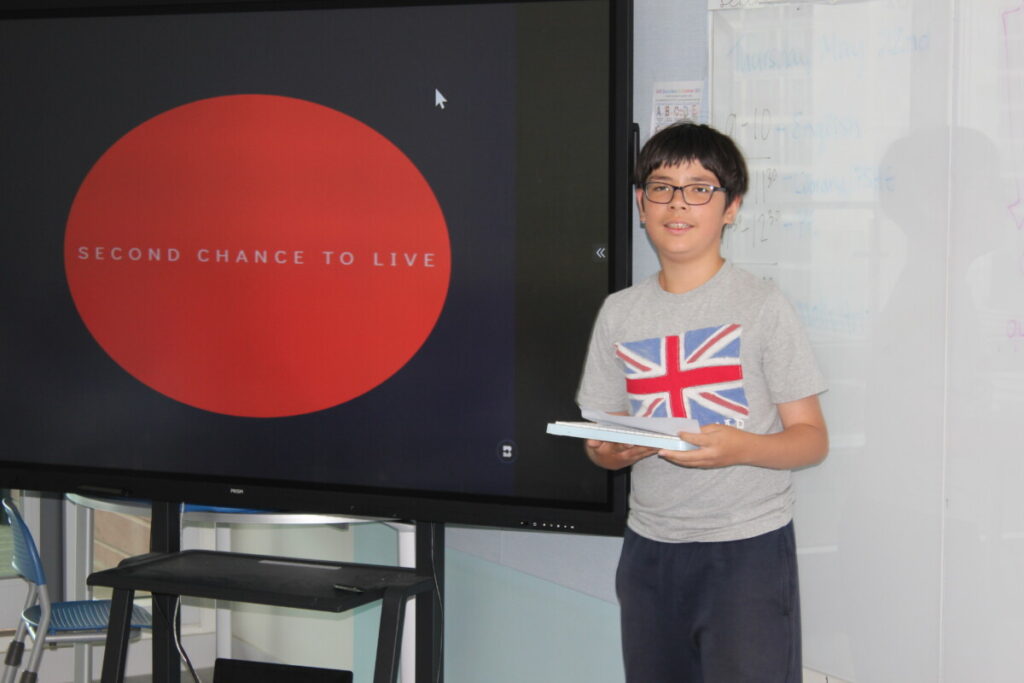
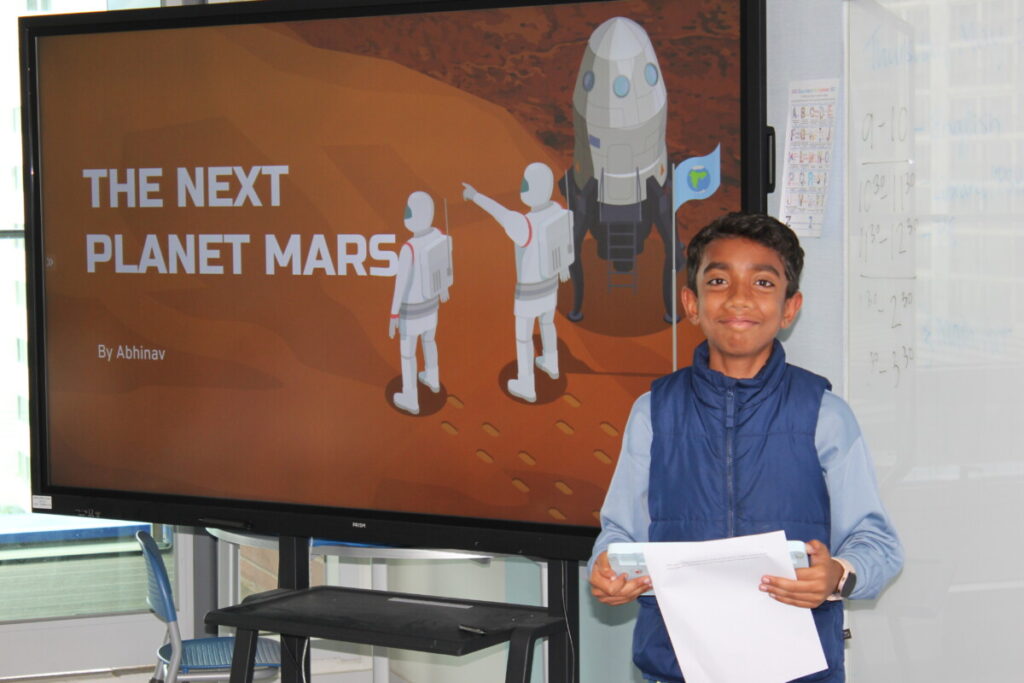
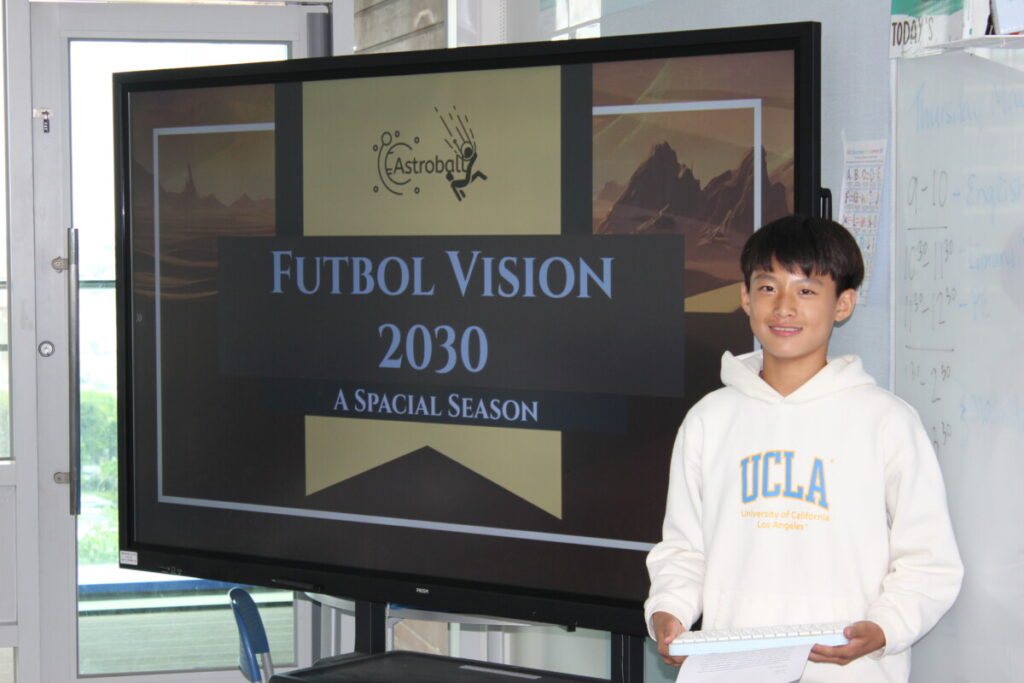
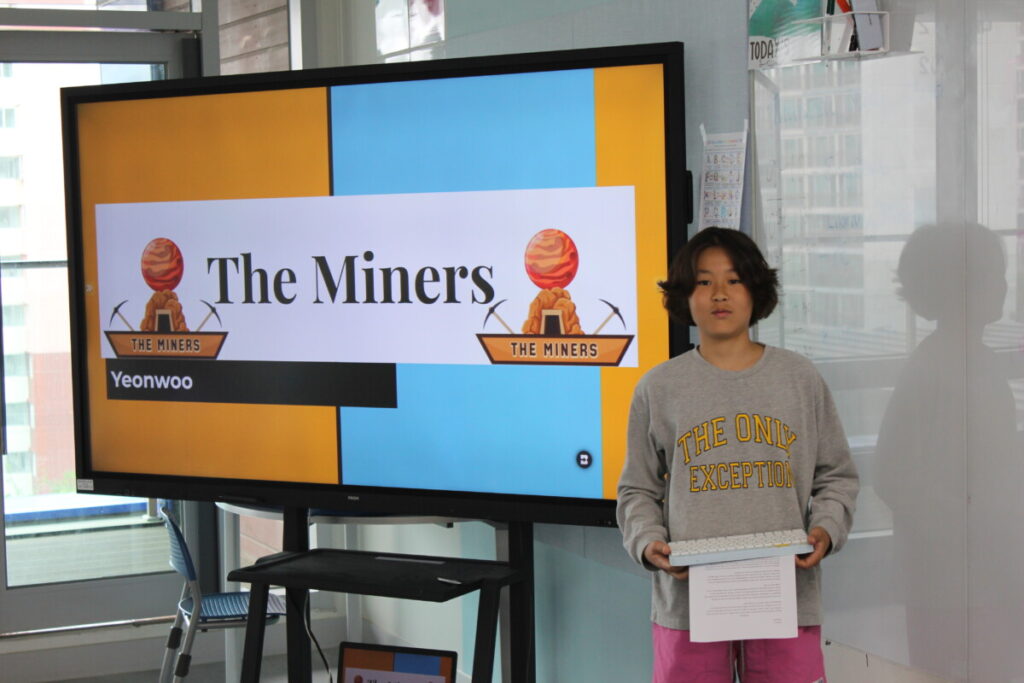
What a week! Next Friday the ABC Countdown begins, a full color map has been included in the homework for student reference!
English – Oracy: Mission to Mars
We’ve launched a mini-unit on oracy (speaking and listening skills) through an exciting Mission to Mars project. Students are acting as campaign managers, creating taglines and pitches for unique Mars missions. To inspire their creativity, we watched clips from Mars-themed movies and discussed how different directors and genres portray the Red Planet. Students then imagined their own version of Mars and developed an objective for their mission to present in their pitch.
Science – Adaptations Over Time
In Science, we began exploring how plants and animals adapt over time. We examined different types of fossils, how they are formed, and how they provide evidence of life’s changes throughout Earth’s history. Students also learned about the immense scale of geological time, discussing Earth’s age and how fossils help date specific periods.
History – World War II
Our history unit will focus on the societal aftermath of World War II leading into the Cold War. However, since many students are not yet familiar with WWII itself, we started with the foundations. We looked at post-World War I Europe and examined why fascist leaders, like Hitler, were able to gain popular support. We explored Hitler’s rise to power, Germany’s annexations of Austria and Czechoslovakia, and how the invasion of Poland in 1939 led to the outbreak of war.
Design & Technology – Food Production
Continuing our food theme, students are now investigating global food production. With the prediction of a global food crisis by 2050—due to population growth and weakening crop yields—students are researching how agricultural technology can help address this challenge. They are exploring innovations that could support sustainable food production in the future.
Field Trip – Eugene Farm & Rock Climbing
On Thursday, we had a fantastic class trip to Eugene Farm. Students had the chance to make fresh pizza and enjoyed an exciting session of rock climbing. It was a fun-filled day, and everyone had a great time!
Have a great weekend and see you Monday!
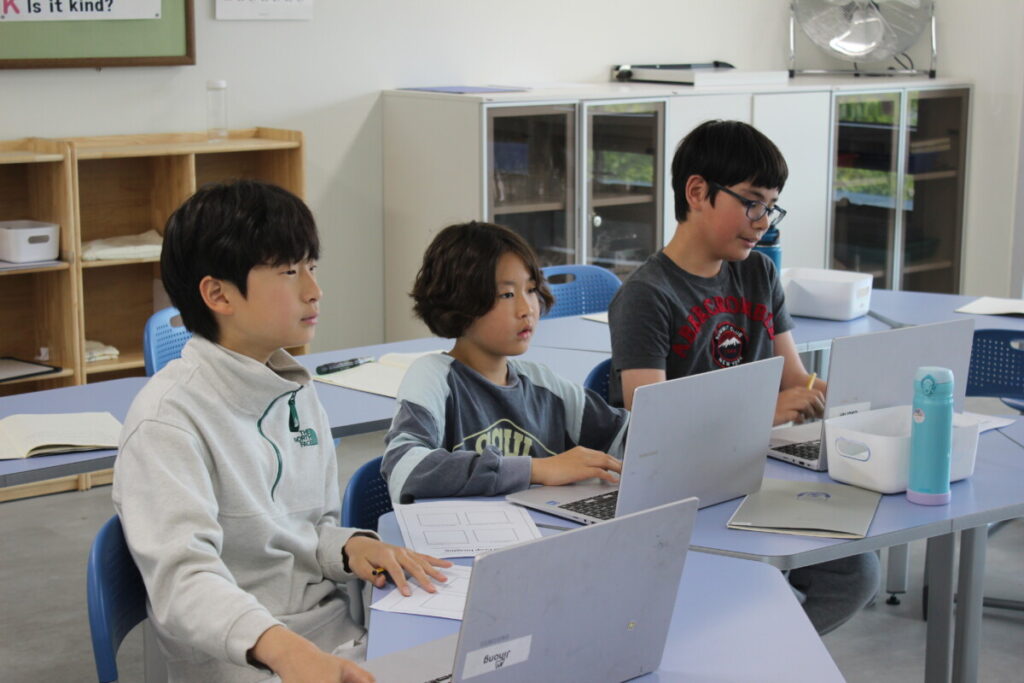
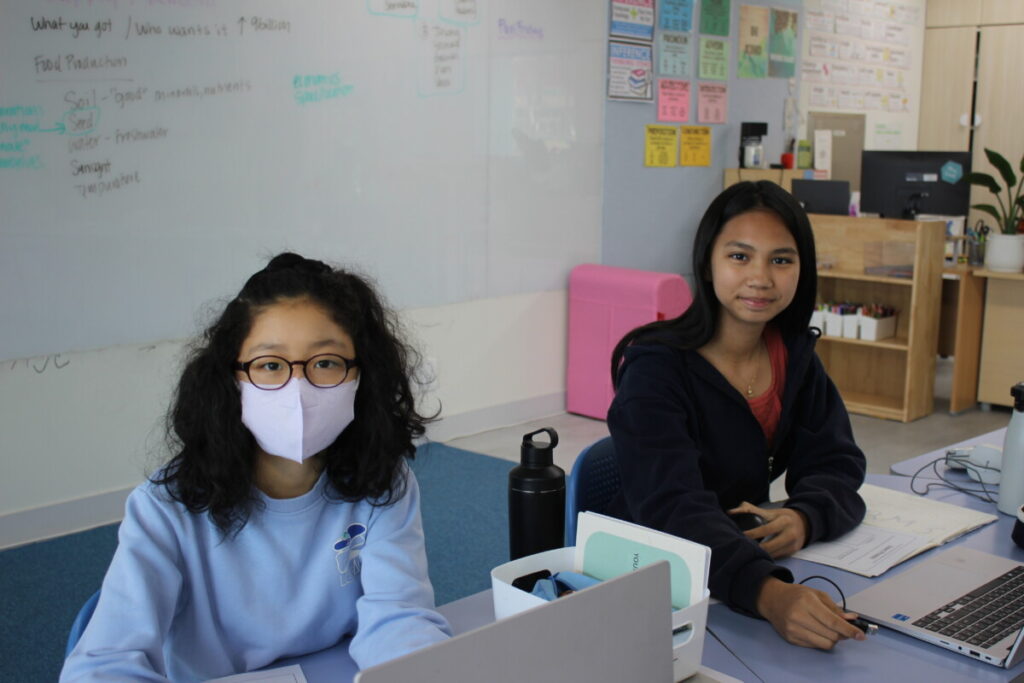
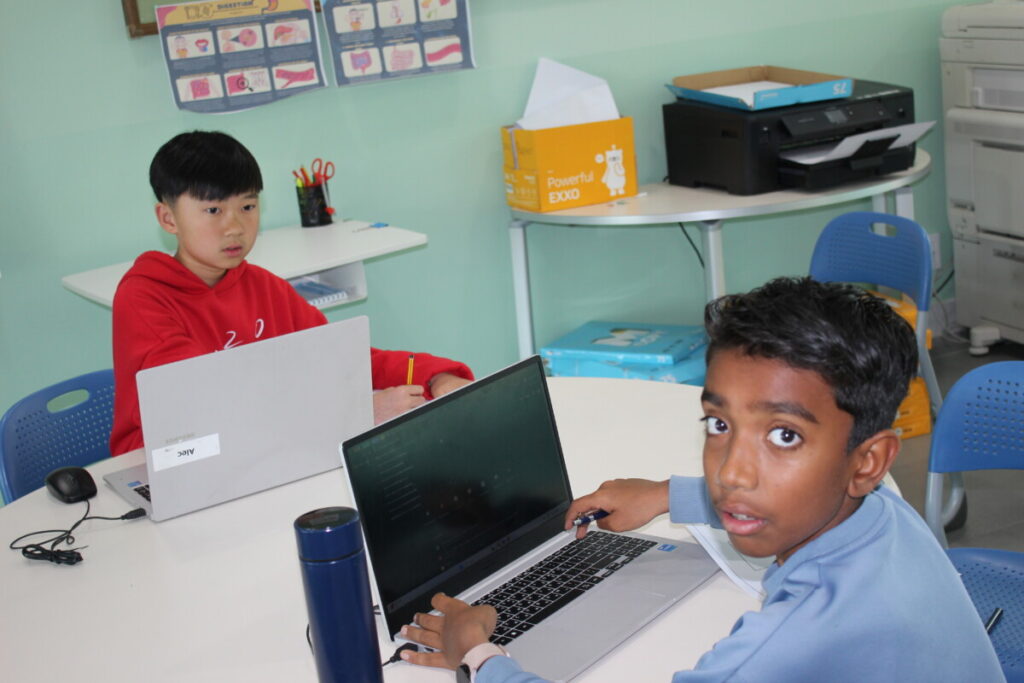
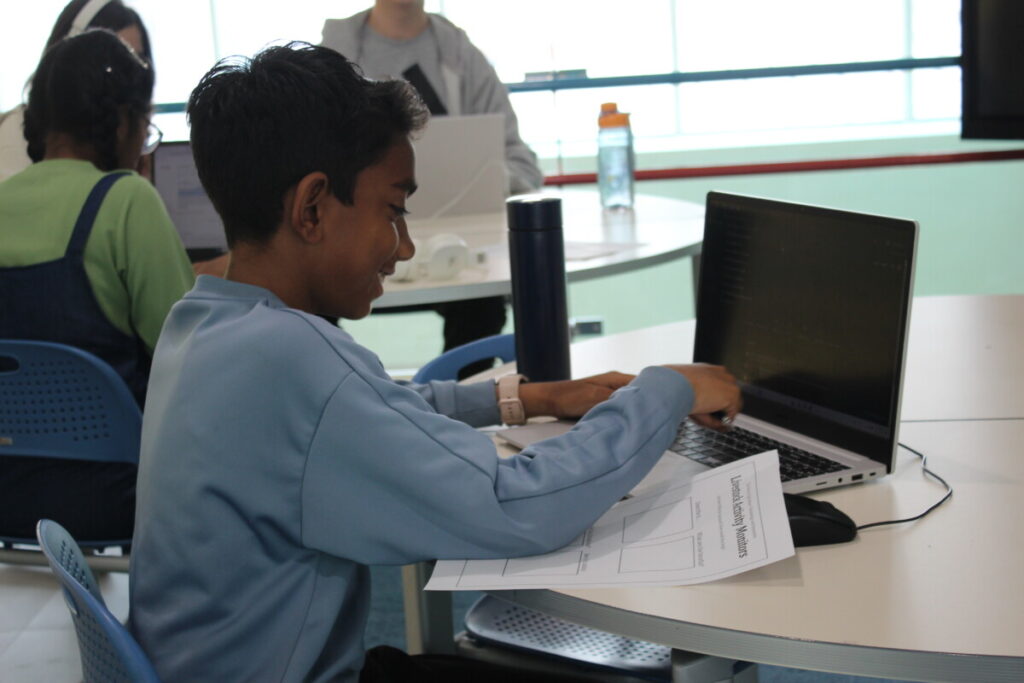
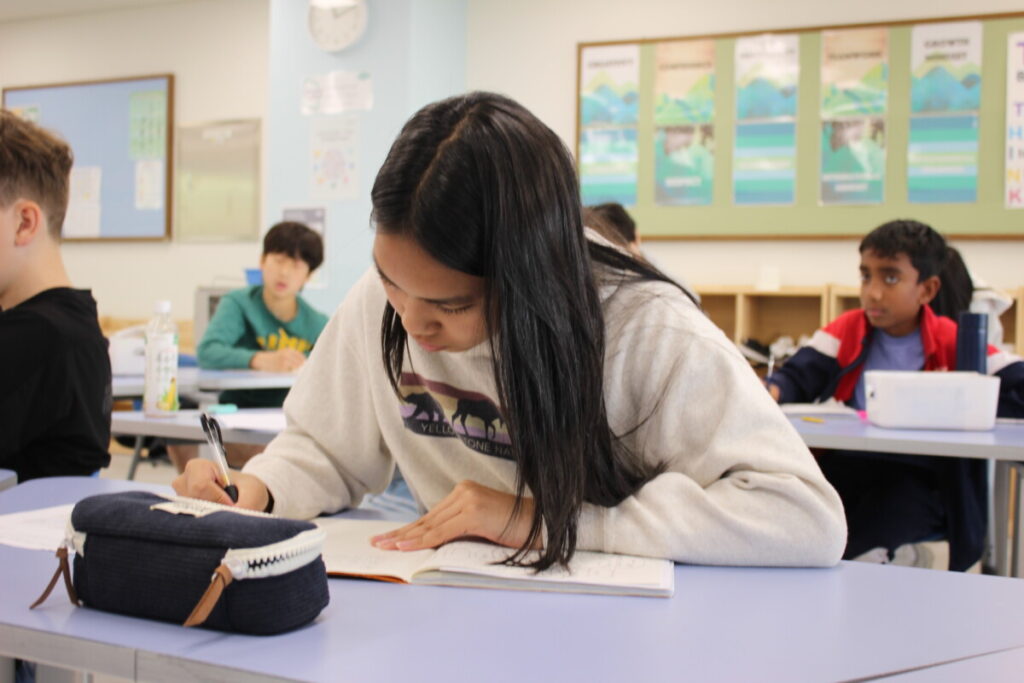
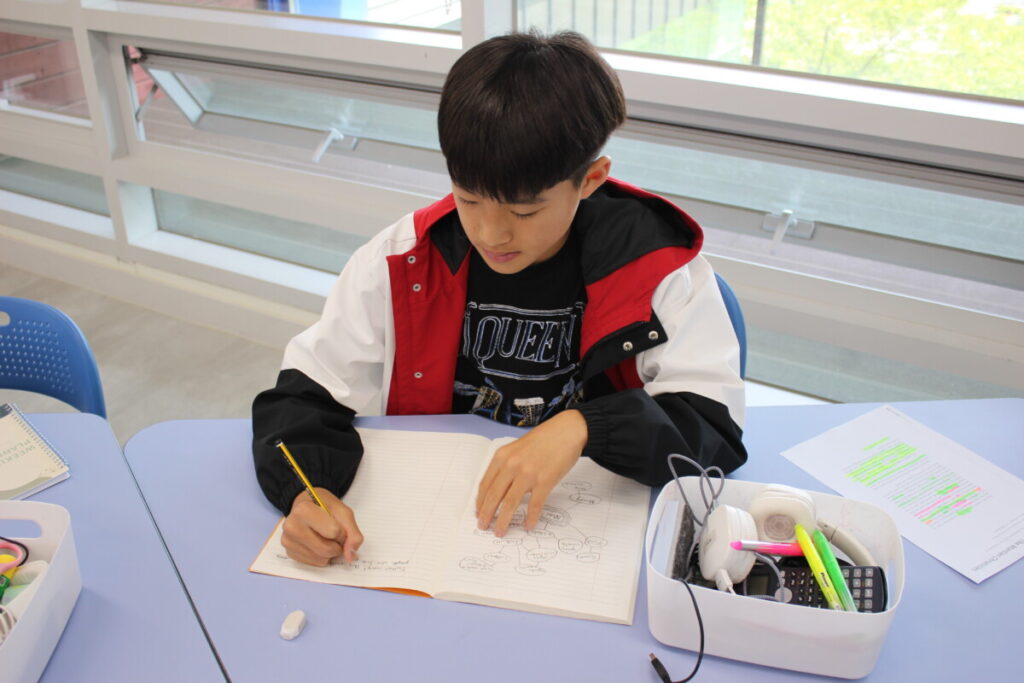
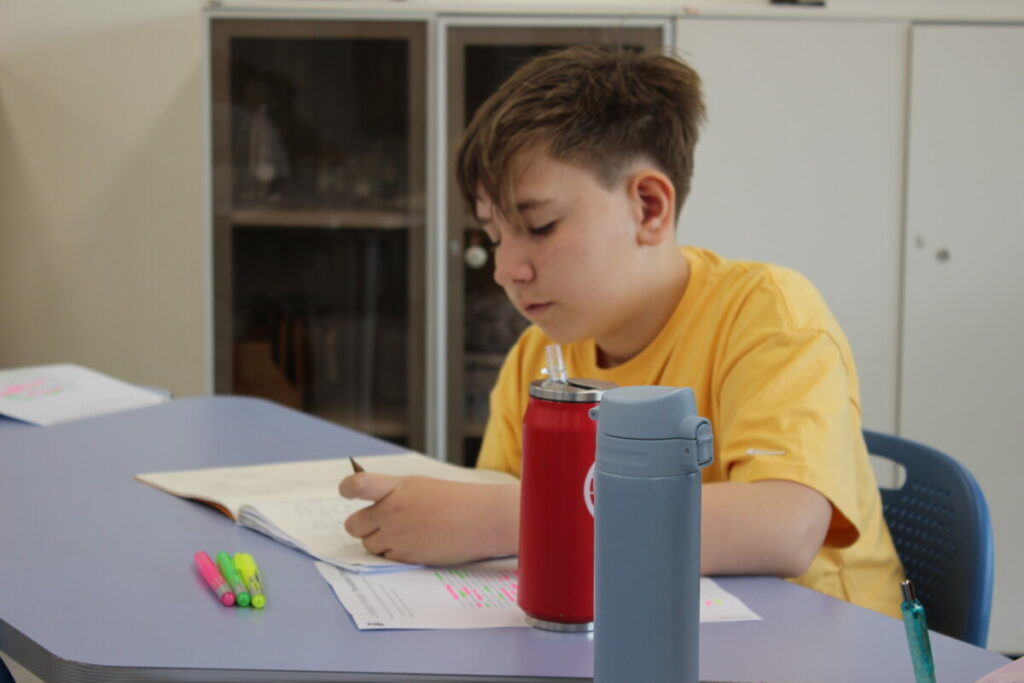
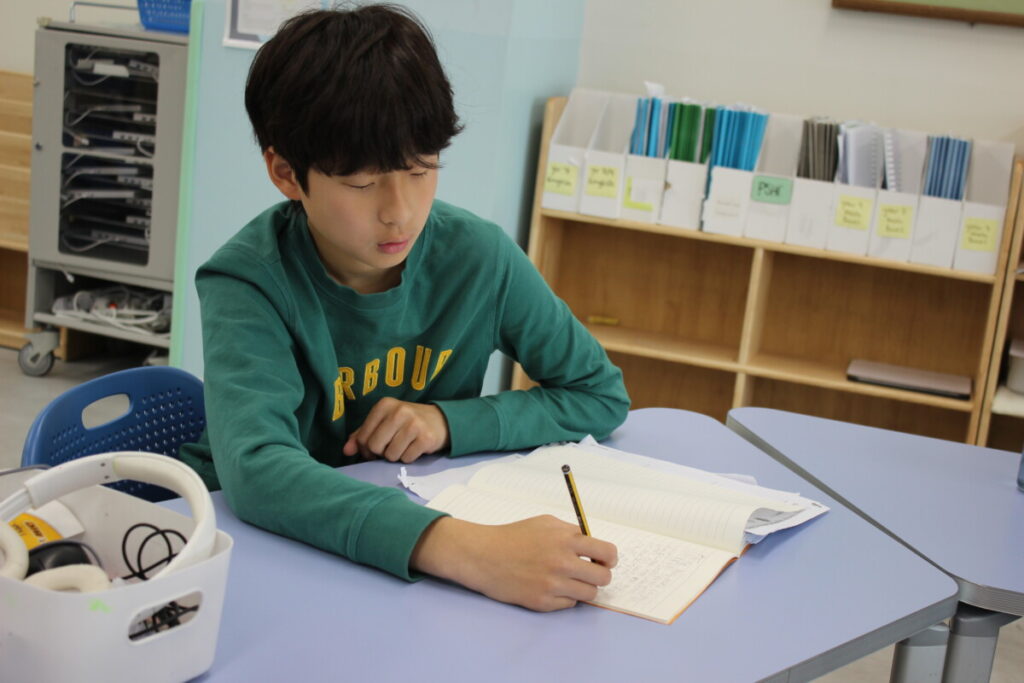
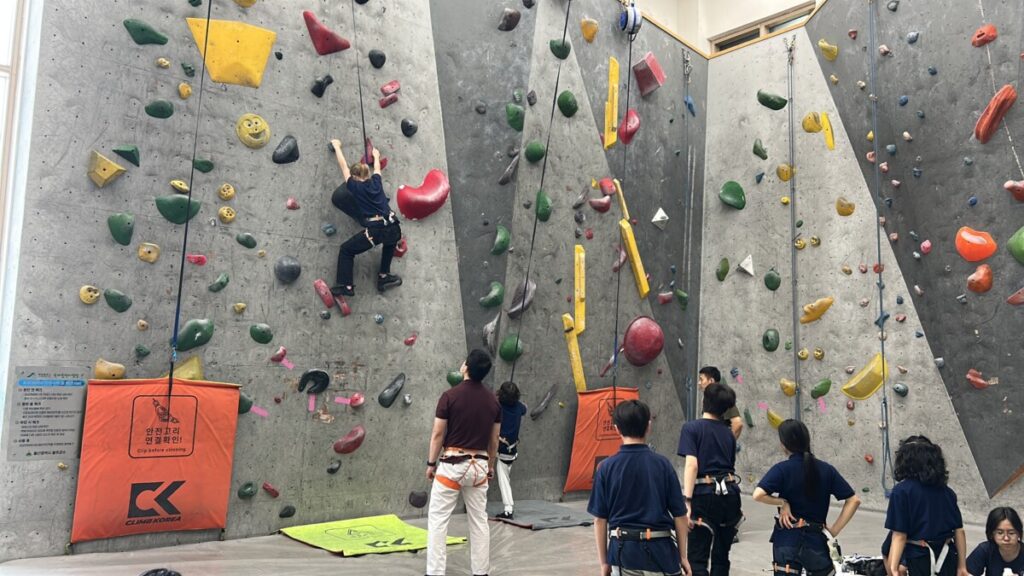


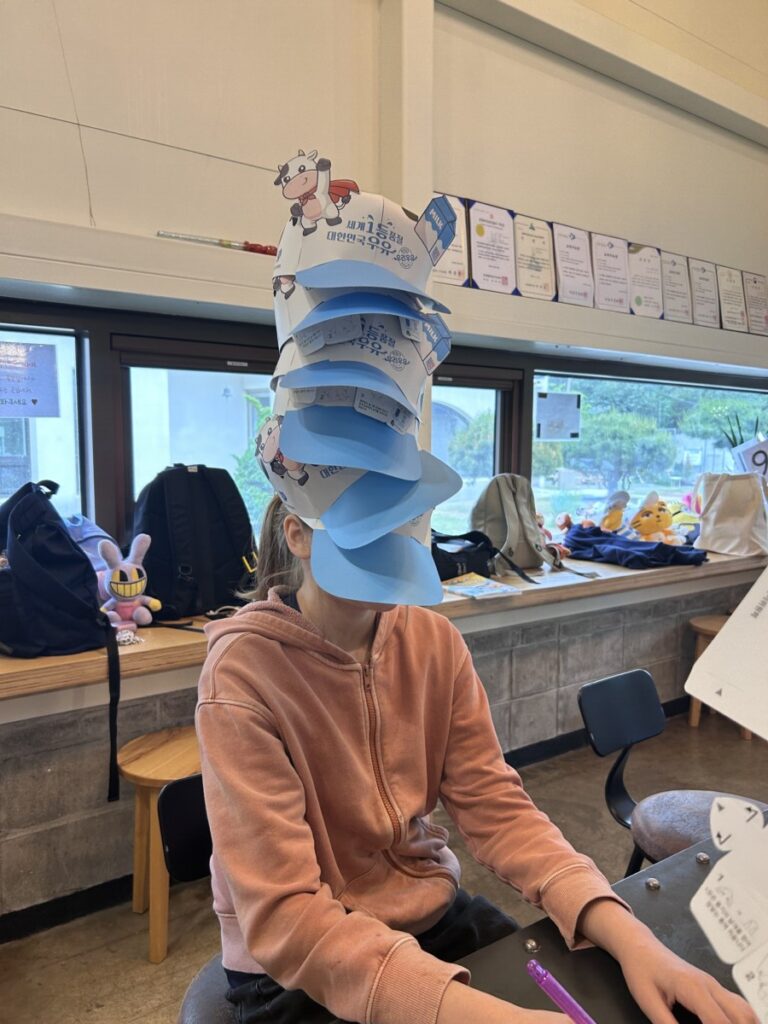

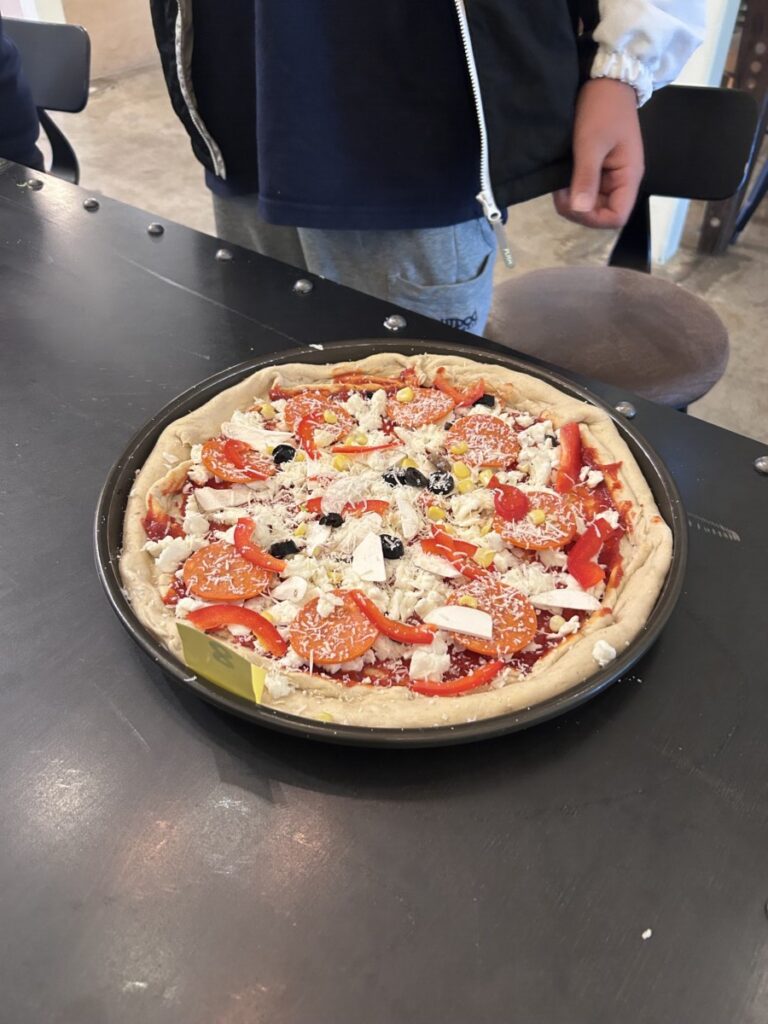
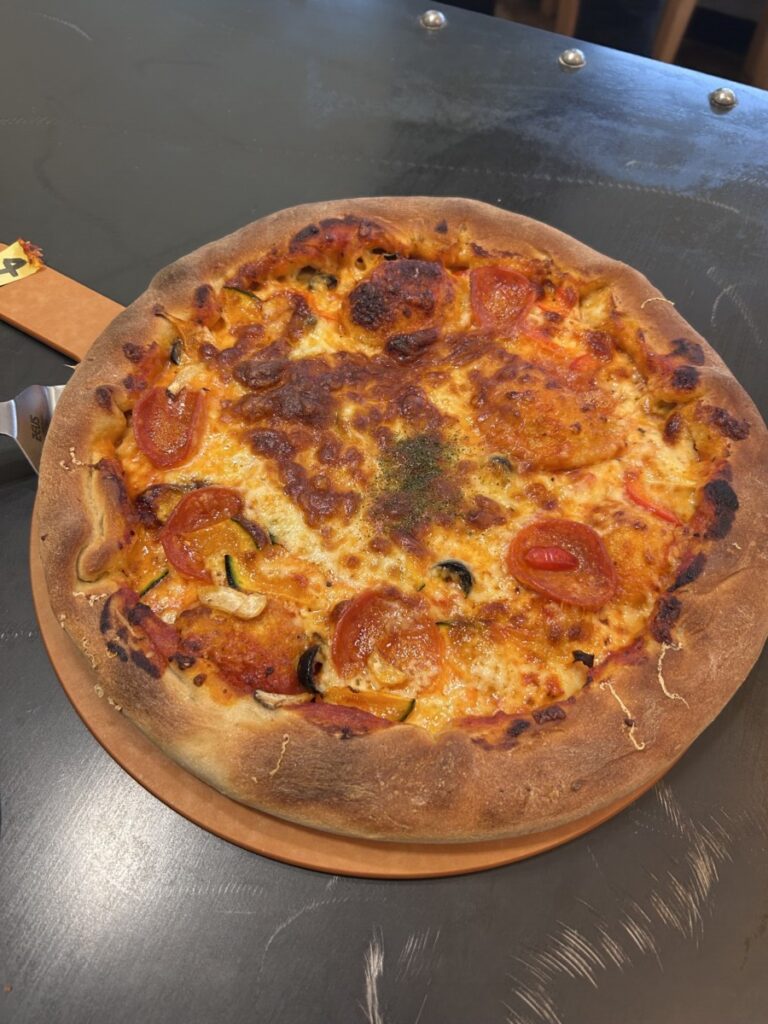
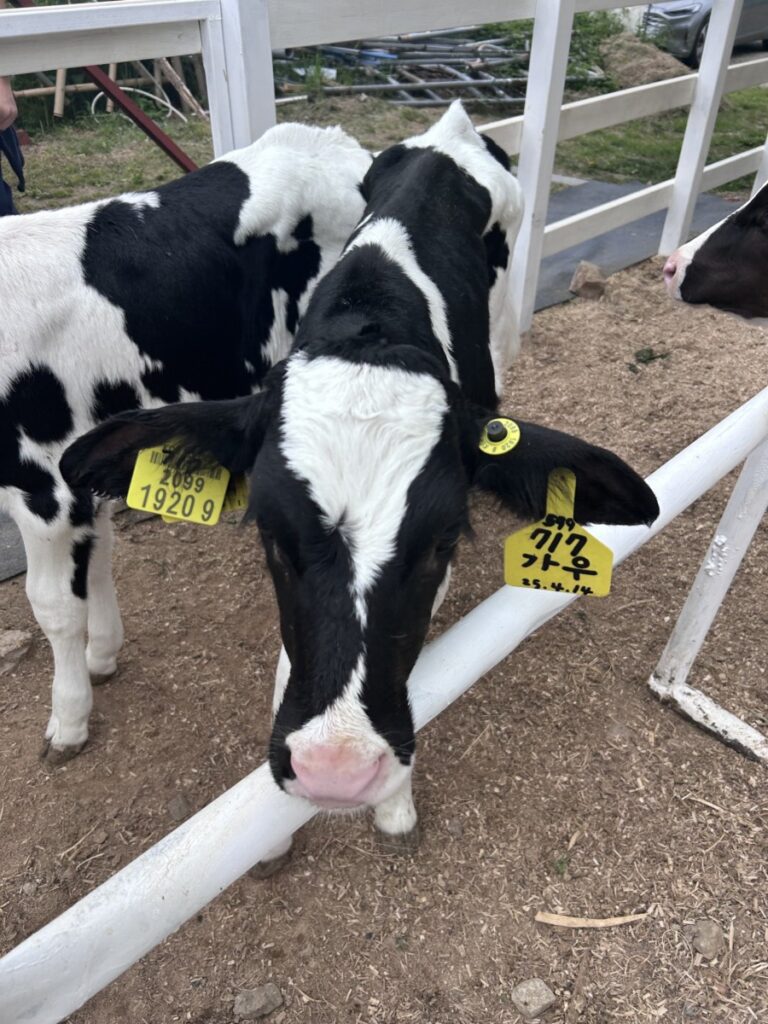
Only 2 days this week!
Please remember to sign the permission form for next weeks fieldtrip and pay the office!
https://forms.gle/LkJypvTwZim3EGzb6
Students finished their English Research Projects and presented, powered through math, and were able to do some PE, Art, and ICT. We took some nice pictures, and that was it for the shortest week!
No homework other than math review (not due until Friday the 16th).
Have a great weekend and see you Monday!
Mrs. Leah
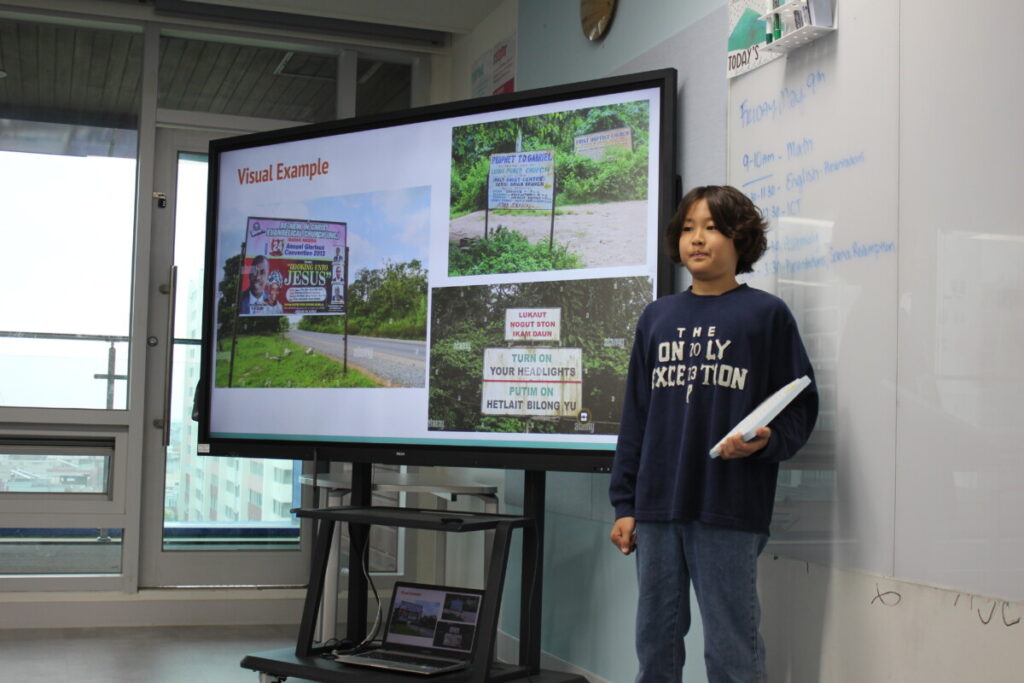
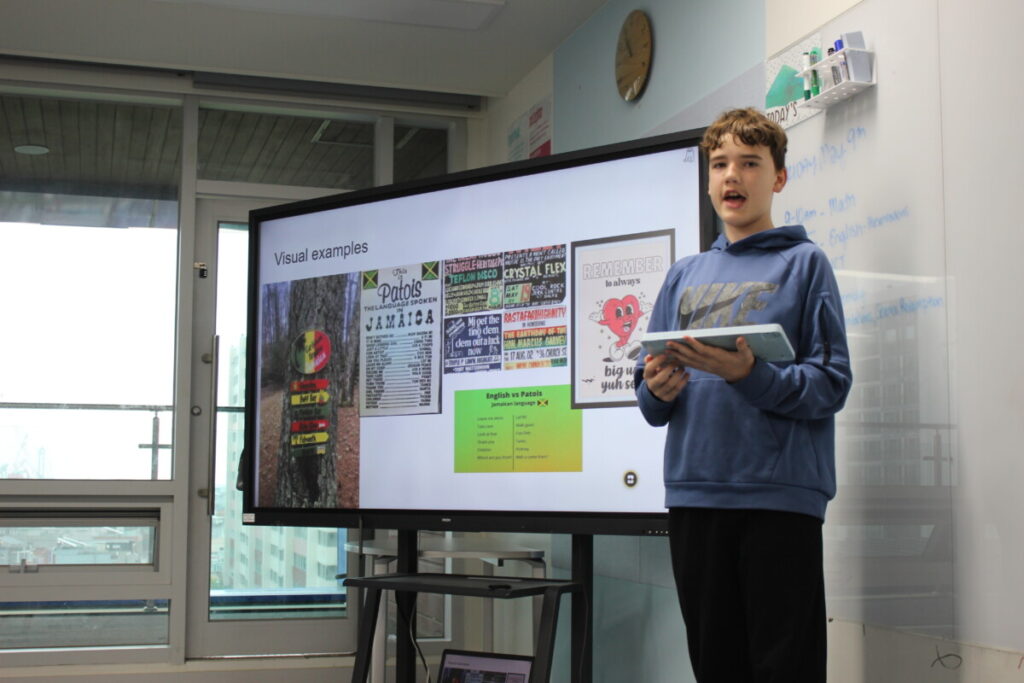
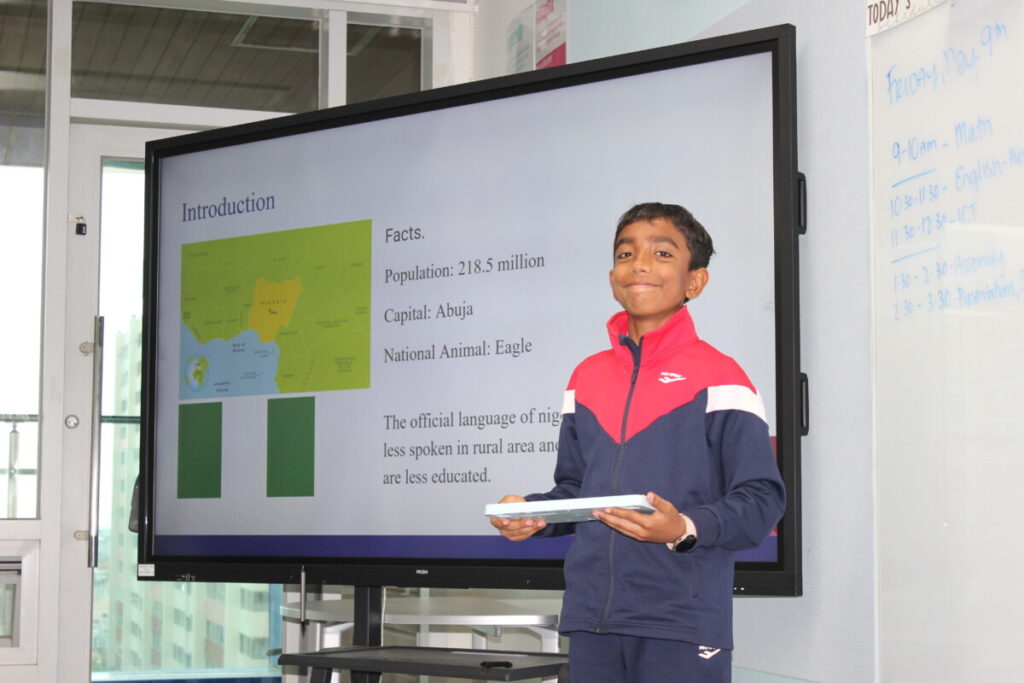
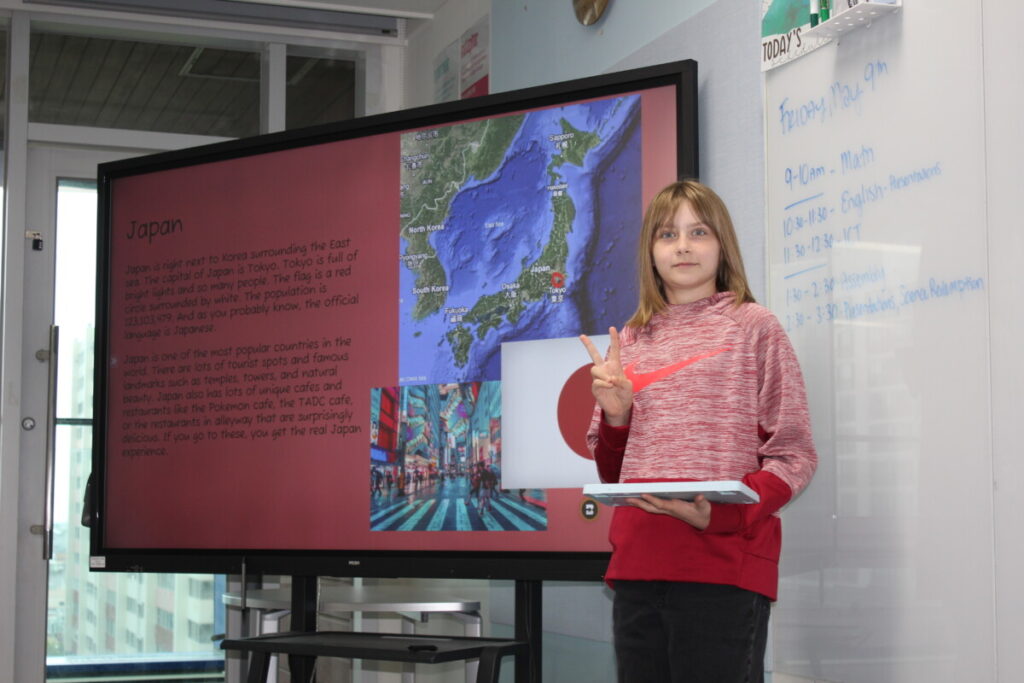
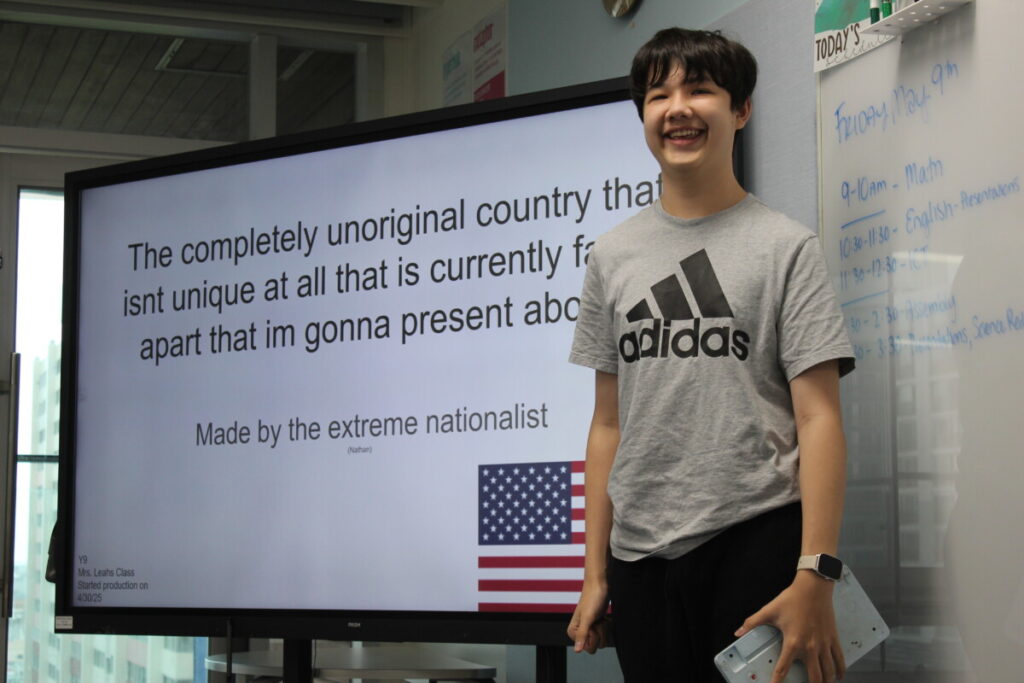
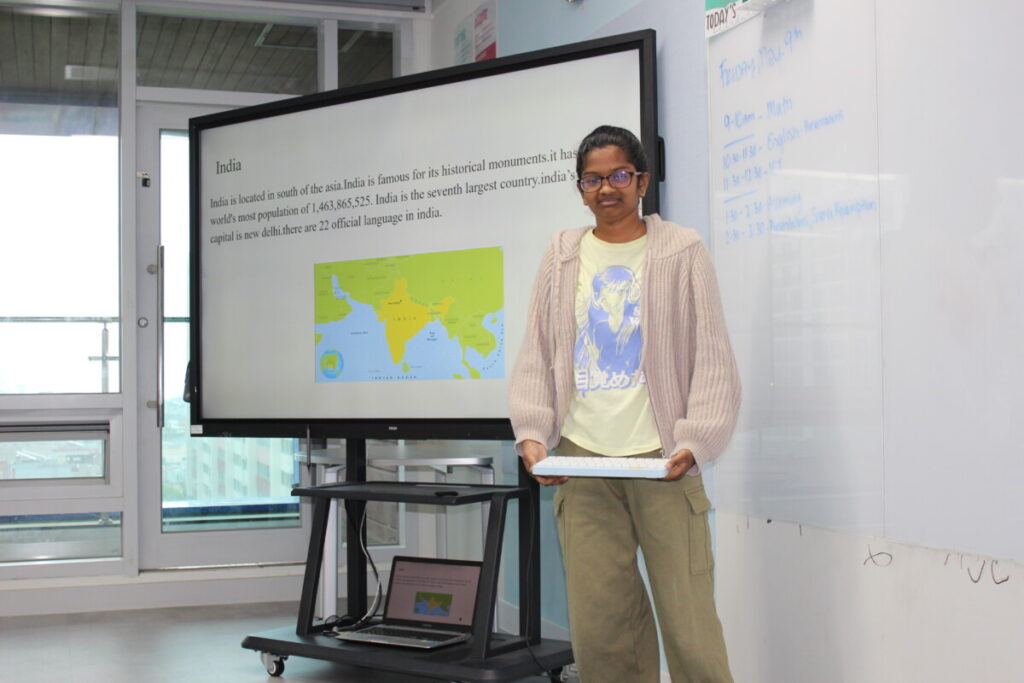
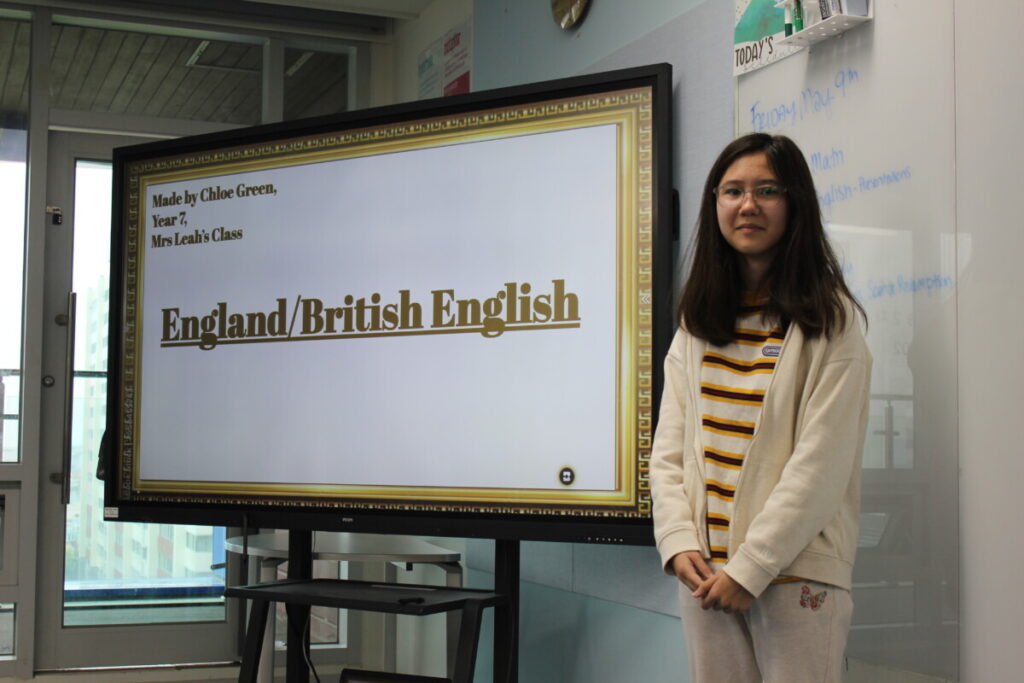
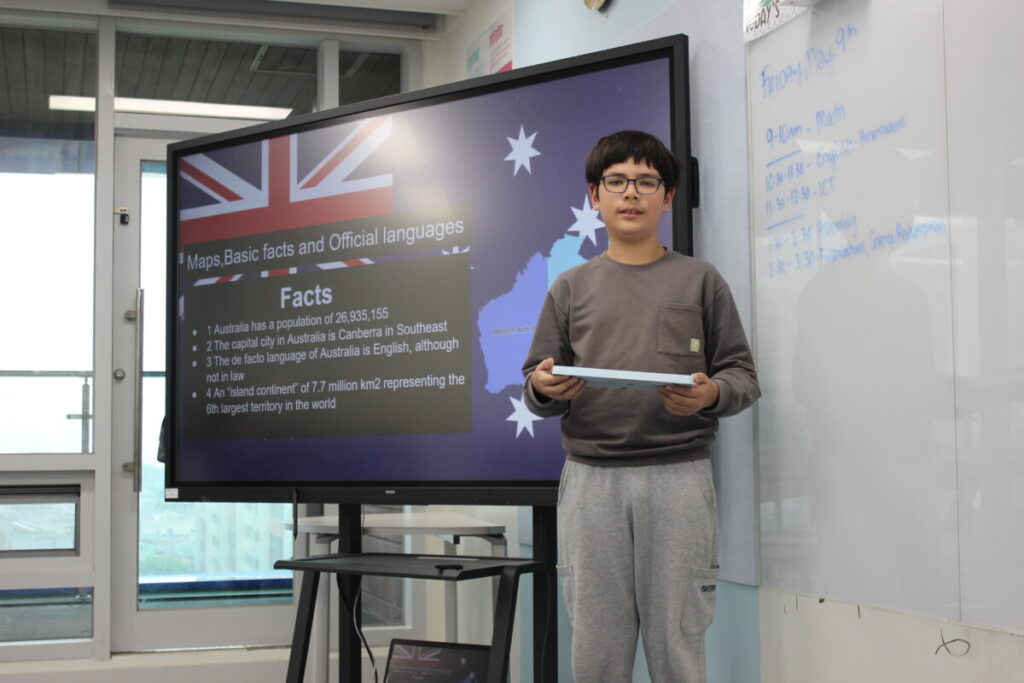
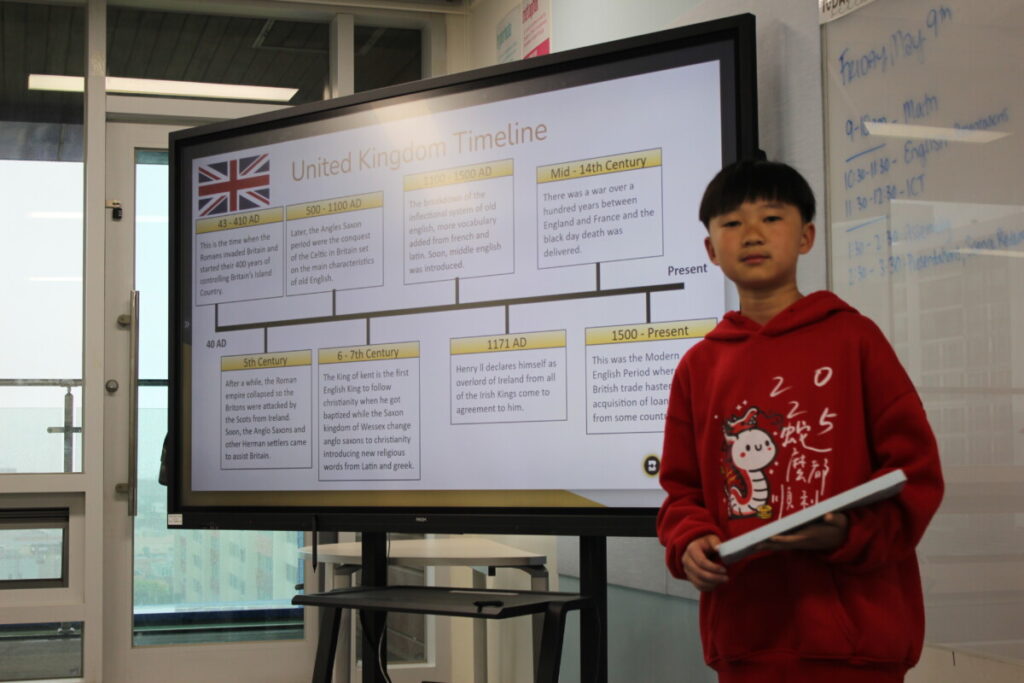
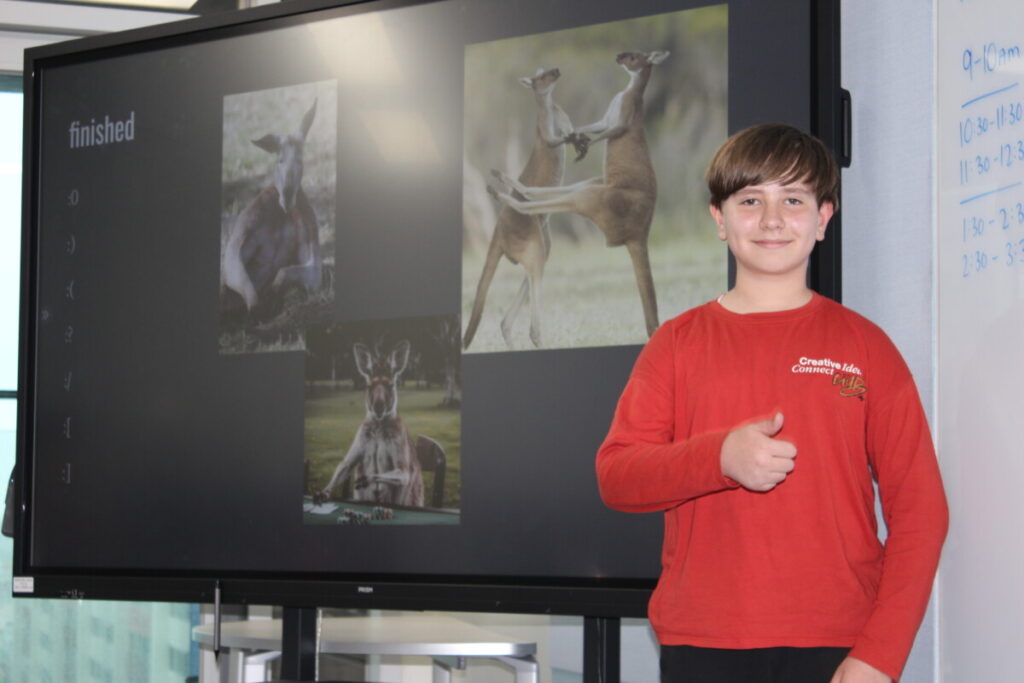
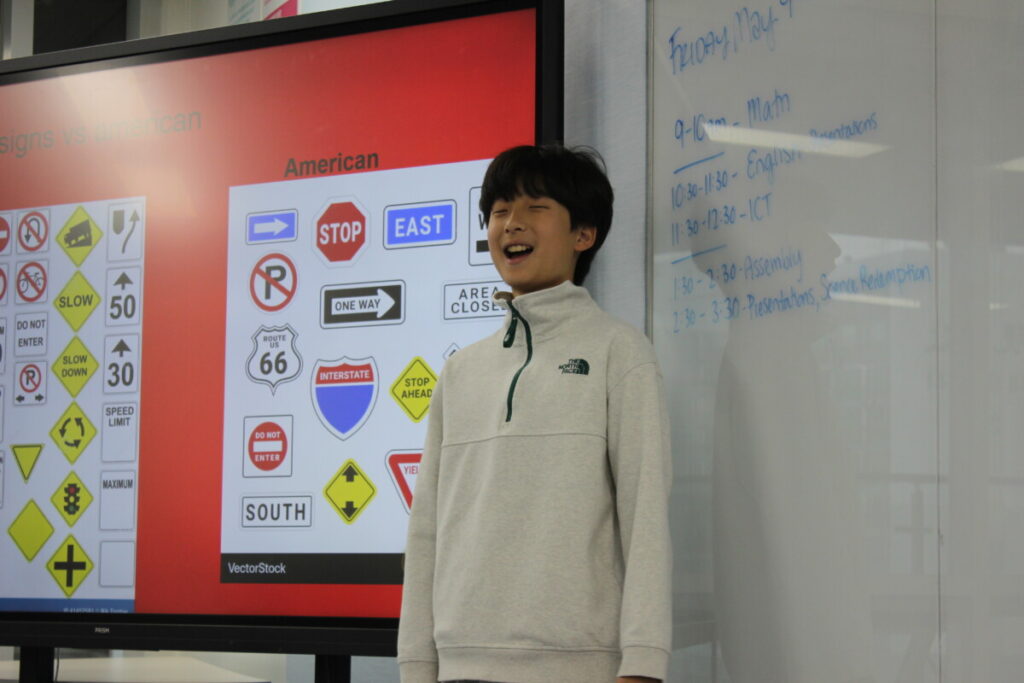
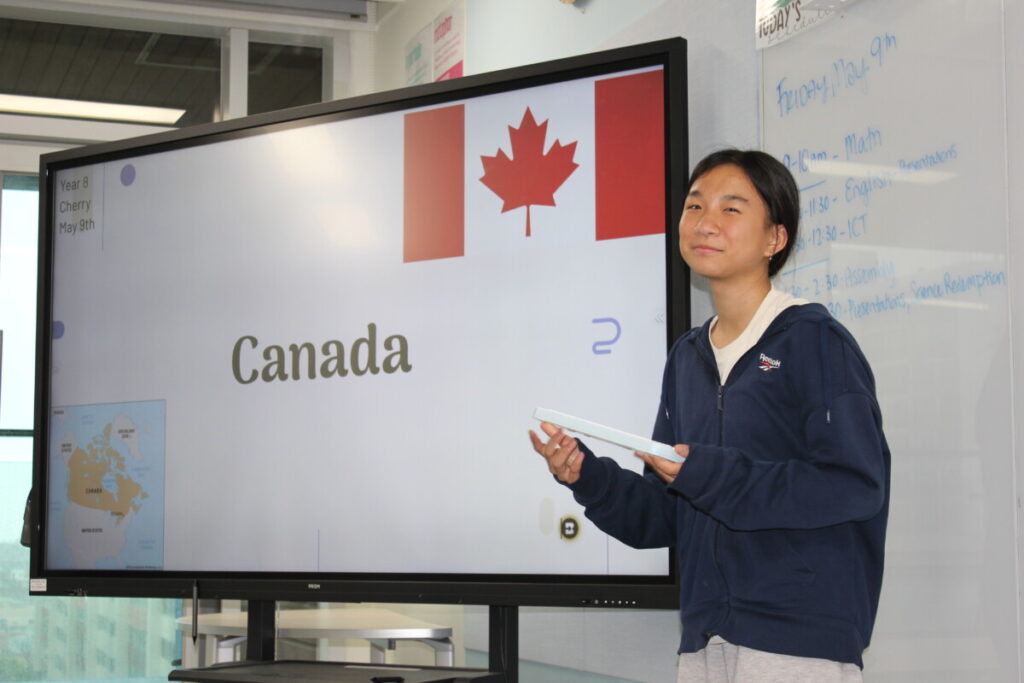
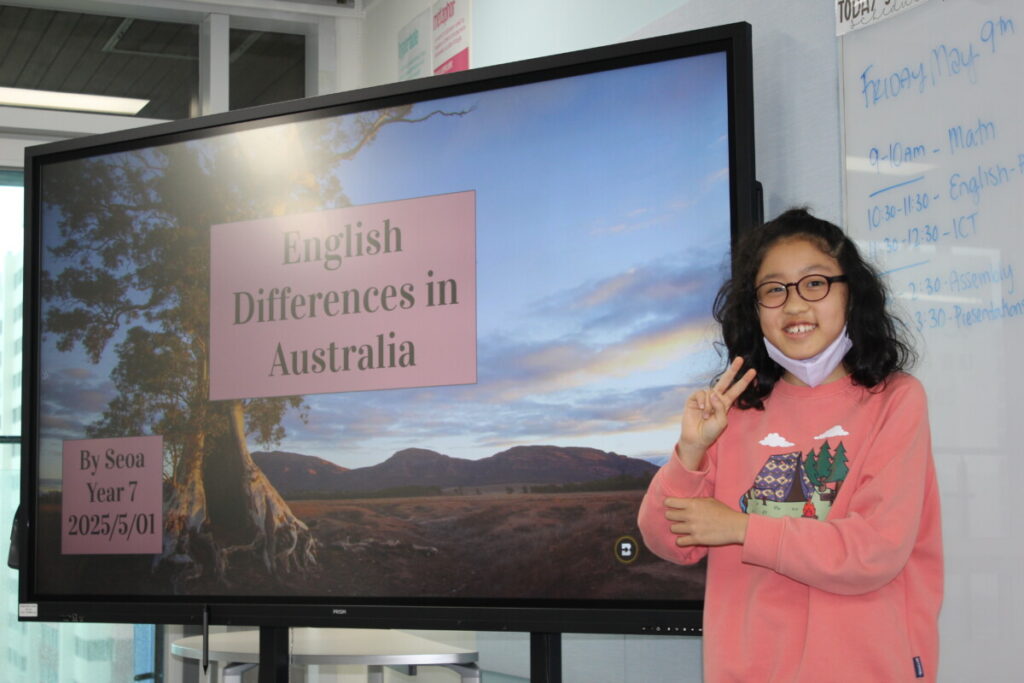
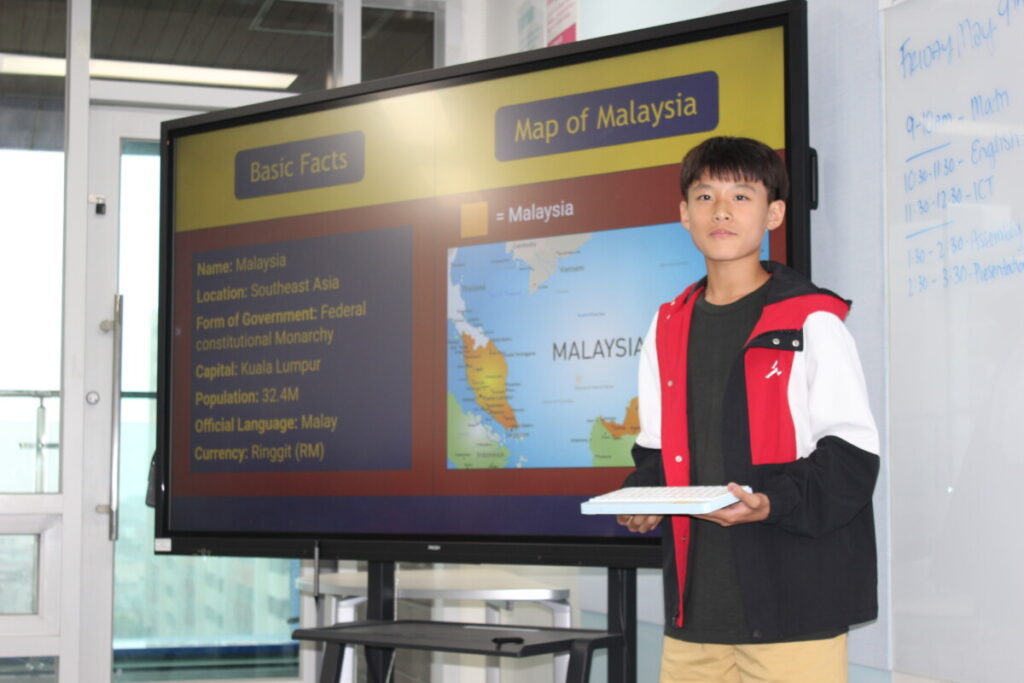
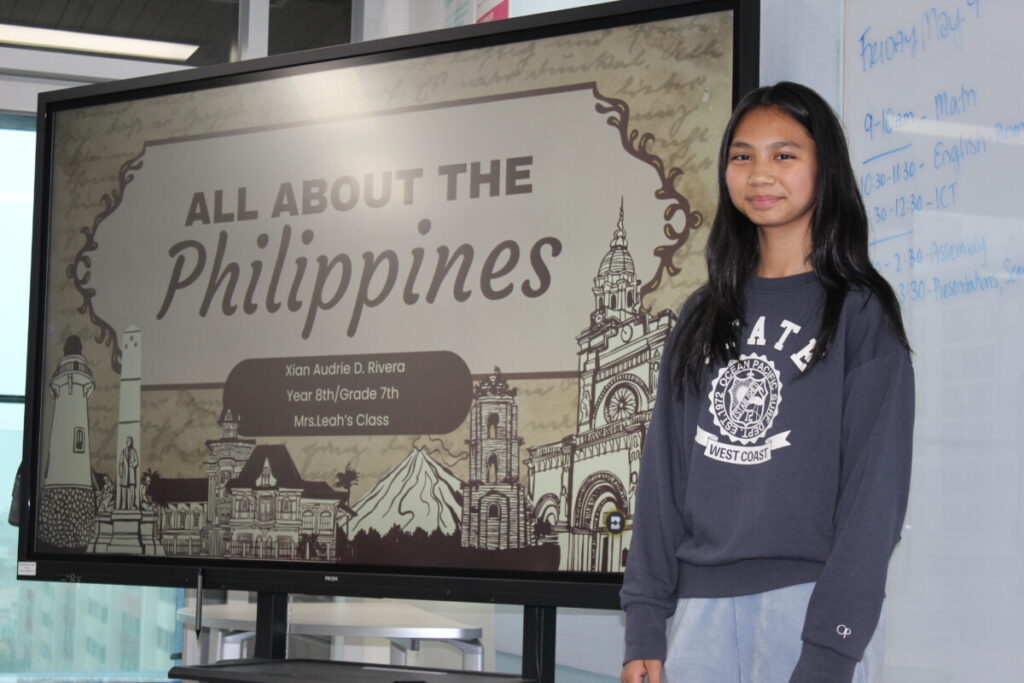
Class Photos – Thursday 8th May
We are planning to take class and individual school photographs on Thursday 8th May (Week 5). Please have students wear uniforms on this day
Class Trip – Thursday May 15th
Pizza Making and Rock Climbing!
This term our class will go to Eugene Ranche Bon Cheese, a local farm in Geyongju that makes it’s own cheese and dairy products. Students will participate in a pizza making class preparing their own meal using farm fresh ingredients. After lunch, we will hop on the bus for 30 minutes to the Yeongnam Alps International Climbing Center where students can climb and burn off their pizza lunch energy! Please sign up and pay the office 27,000 won by Wednesday May 14th.
English:
We finished our History of English unit this week. Students explored different UK accents and dialects, and our perceptions on regional identity and how language changes over time. From there, they started a research project on how English is used in different countries around the world. Each student chose a country and is now looking into how English developed there, as well as how the local accent and dialect differ from British English. Students will present next Friday!
History:
In History, we looked at the Gulf of Tonkin Incident and used it as a way to think critically about how governments can sometimes misrepresent events, and how public perception can be influenced by the information (or misinformation) they’re given. Students did a great job working through a source text and answering some challenging questions. We came back to those questions at the end of the week to reflect on what we learned and sharpen our analysis.
Science:
We also wrapped up our unit on the Digestive System. Students took the unit test on Monday. Most did well, but a few found it tough so we spent Friday reviewing key concepts and did a Kahoot to make it more interactive. For those who didn’t pass, there’s a retake option next Thursday when we’re back. They have a study packet that goes with a video (Link!) definitely helpful if they want to review, and always encouraged!
PSHE:
Our Healthy Eating unit in PSHE came to a close this week, which tied in really well with our science lessons. Students created their own balanced meal plans based on the Healthy Plate model, and they made sure to include foods they actually like. It was a great way to bring together everything they’ve learned about nutrition and making good choices. This ties in nicely with our class trip where students will prepare their pizza lunch, then burn off all that energy climbing.
Just a reminder—no school on Monday, Tuesday, or Wednesday next week. I hope everyone enjoys the break!
For homework, students have:
Wishing you all a relaxing five days off—we’ll see everyone back on Thursday!







In English this week, we looked at Old English and Middle English. For Middle English, we used The Canterbury Tales by Chaucer to get a sense of how the language sounded back in medieval times. We had a great time reading The Knight’s Tale and The Cook’s Tale and then created our own characters heading out on a pilgrimage… to a music festival. Students wrote poems from their character’s point of view and drew portraits to go along with them. The creativity (and the sass) in those poems was impressive.
In Geography, we’re still working through erosion and weathering. A few students mentioned they’re not totally clear on the types; mechanical, chemical, and biological, so there’s a quick reading in the homework this week to help clear that up. We will take a look again next week, so no stress.
In Science, everyone finished up their digestive system storyboards. They look awesome, so much effort went into them! Just a heads-up: the science test is Monday, so please go over your notes this weekend and come in ready.
In History, we dove into propaganda and how it’s used in war journalism, both to promote and tear down sides in a conflict. Students made some great connections to what we’ve learned in English about ethos, pathos, and logos. Their assignment was to create an ad for a product using propaganda techniques like bandwagon, glittering generalities, testimonial, and name-calling. The ideas were hilarious and on point utilizing billboards, radio scripts, newspaper ads, TV commercial storyboards…
Math has been all about angles and shapes lately. Students have been using protractors, compasses, and rulers to measure and build different types of triangles and polygons. It’s been really hands-on, and most are loving the break from the usual workbook pages.
One last shoutout—Ms. Yuli told me how amazing everyone’s been in Art lately. Not just in creativity, but in behavior too. We had a good talk last week about what it means to be the oldest students in the school and the kind of example we want to set. Thanks for taking that seriously, keep it up!
We’re down to the final 9 weeks of the year, so let’s finish strong!
Have a great weekend,
Mrs. Leah







English:
This week, we explored the history of the English language, tracing its roots back to Ancient Greek and Latin. Students learned how the Roman expansion into Britain brought Latin influences into English and how understanding Greek and Latin roots can help us decode word meanings today. We also examined the evolution of Old English, shaped by Frisian, Anglo-Saxon, and Norse languages through a series of settlements and invasions after the Romans left the British Isles. Students enjoyed looking at examples of Old English in illuminated manuscripts, chronicles, and early literature such as Beowulf.
History:
We continued our work on judgments vs. objectivity, discussing how language shapes our understanding of historical events and media. This led us into a deeper analysis of propaganda, focusing on how political cartoons and news reports have been used to influence public opinion and create a sense of “us vs. them.” Students examined propaganda techniques such as name-calling, bandwagon appeals, emotional language, and fear tactics.
Science:
This week, we continued our exploration of the digestive system, focusing on how enzymes work. Students learned that enzymes are biological catalysts that speed up chemical reactions in the body. We examined specific enzymes like amylase (which breaks down starch into sugars), protease (which breaks down proteins into amino acids), and lipase (which breaks down fats into fatty acids and glycerol). We also looked at the process of absorption in the small intestine, especially how villi increase the surface area to absorb nutrients efficiently into the bloodstream. As a creative task, students will design a storyboard in Canva to show how enzymes contribute to digestion and will present their work in class next week.
PSHE:
Our lessons this week focused on healthy diets, with an emphasis on the importance of both macronutrients (carbohydrates, proteins, and fats) and micronutrients (vitamins and minerals). Students explored how different foods are broken down in the body and connected this learning to the role of nutrients in maintaining energy, growth, and overall health. We discussed the concept of balanced nutrition and what it means to make informed food choices.
Geography:
In Geography, we focused on the different types of weathering, including physical weathering (like freeze-thaw and thermal expansion), chemical weathering (such as the effects of acid rain), and biological weathering (caused by plant roots, animals, and microbes). Students learned how these processes break down rocks and prepare them for erosion, which involves the movement of rock and soil by wind, water, and ice. Next week, we’ll continue by exploring how erosion shapes riverbanks and coastlines, and what this means for both natural landscapes and human activity.
It’s been a low-energy week for many of us, so let this be your reminder to rest well, eat a healthy, balanced diet (yes, we’re practicing what we preach in PSHE!), and take care of yourselves. The good news? We’re only ten weeks away from summer break—we’ve got this! Let’s keep showing up, supporting one another, and finishing strong.
Mrs. Leah





Welcome back to Term 3! We’ve had a wonderful and productive start to the term, and the students have jumped back into learning with enthusiasm.
English – The History of English
In English, we’ve begun a unit on the History of the English Language. We started by asking a big question: What exactly is a language? Students explored how human language compares to animal communication—both how it’s similar (for example, in the use of sounds or gestures) and how it’s different (such as grammar, creativity, and complexity).
We then moved into studying how the thousands of languages spoken around the world are grouped into language families, much like how people are grouped into family trees. The students learned about some of the major language families including Indo-European, Afro-Asiatic, Sino-Tibetan, and Niger-Congo and discovered that English belongs to the Germanic branch of the Indo-European family.



Science – The Digestive System
In Science, we kicked off our new unit on the Human Digestive System. Students were introduced to the key organs involved in digestion, such as the mouth, esophagus, stomach, small intestine, and large intestine, and learned about each organ’s basic function in breaking down food and absorbing nutrients. To reinforce this learning, we got hands-on and creative by building 2D models of the digestive system using construction paper. Students carefully labeled each part with detailed information, which helped them visualize the process food goes through in the body.
PSHE – Healthy Eating
Our PSHE focus this term ties in beautifully with our Science work. We’re looking at what it means to have a healthy, balanced diet and why good nutrition is important for overall well-being. This week, we emphasized how food impacts how our bodies feel rather than focusing on how bodies look. We discussed food groups, essential nutrients, and the importance of eating appropriate portions to fuel our bodies with what they need to grow and stay healthy.



History – War Journalism and Perspectives
In History, we started a powerful unit on War Journalism. We are exploring how different sources can report the same event in very different ways, depending on their perspective or purpose. To illustrate this, we examined two contrasting accounts of the Battle of Lexington, one from the British point of view and the other from the American perspective. Students analyzed primary source documents to identify where language became subjective or emotionally charged, as opposed to being a straightforward, factual description. This has opened up rich conversations about bias, reliability, and the importance of cross-checking information, valuable skills for both history and media literacy.
Homework this week includes:
All homework is dune Next Friday April 18th 🙂
Everyone rest up, and go to bed earlier as we had quiet a few sleepy heads earlier this week!
-Mrs. Leah


